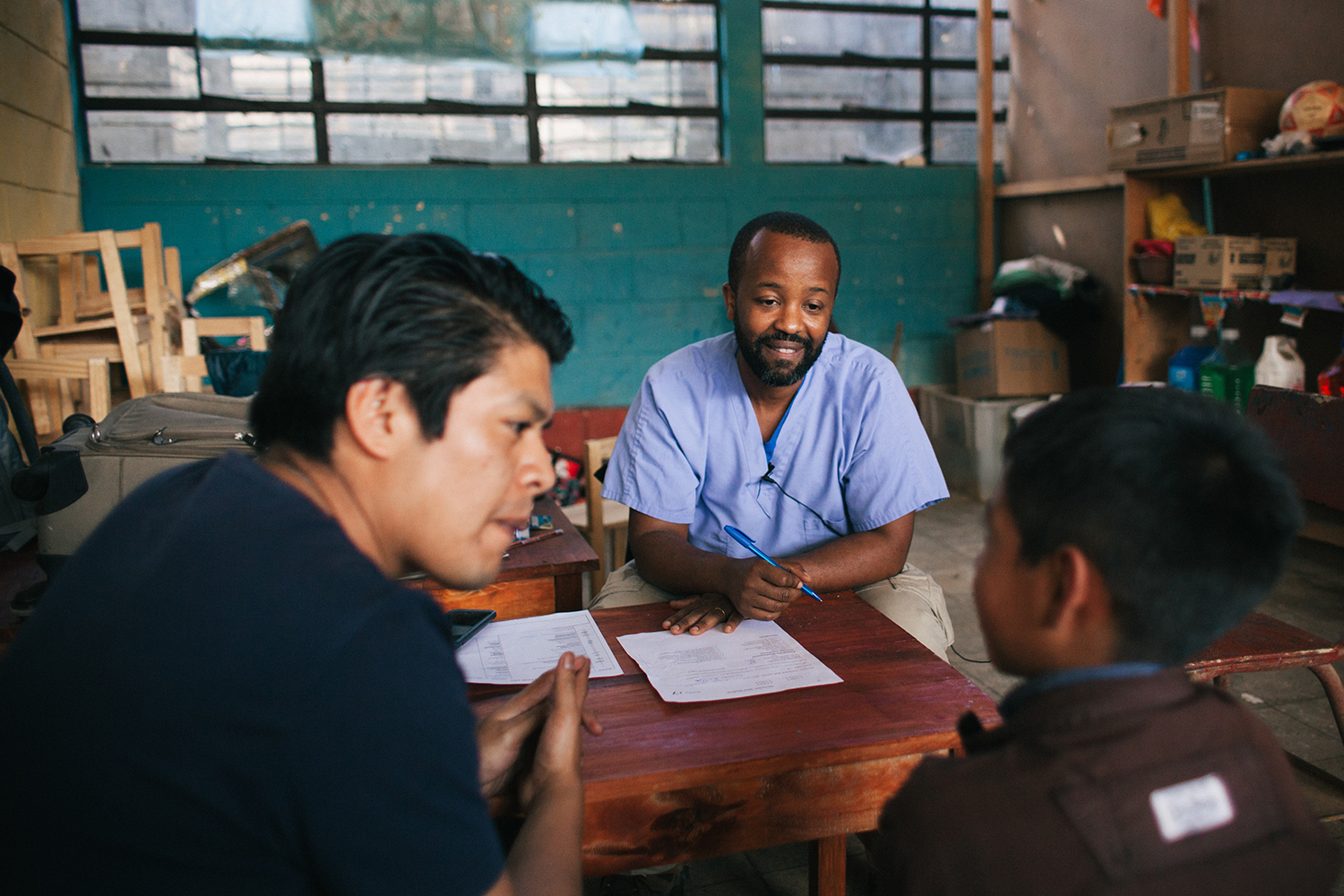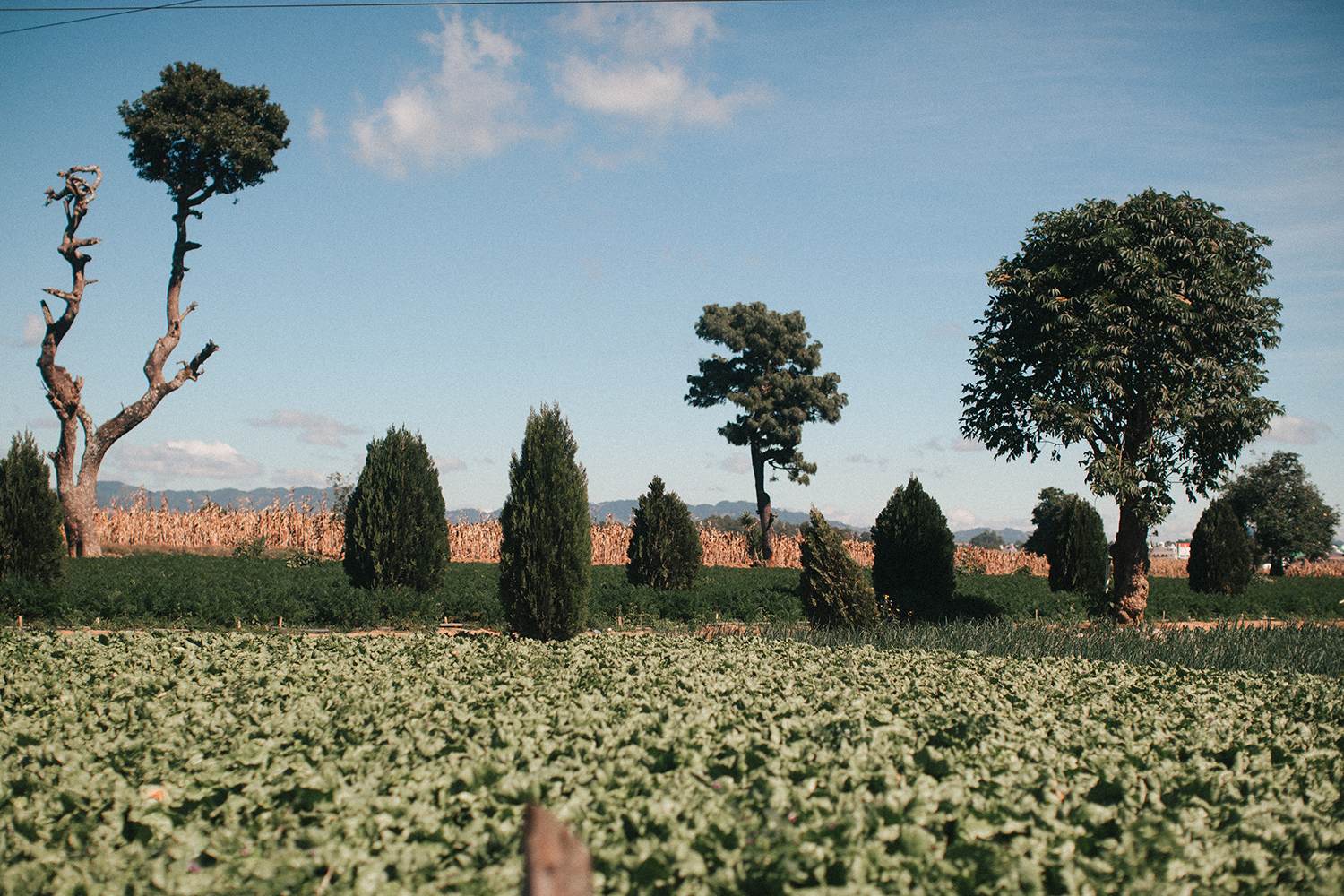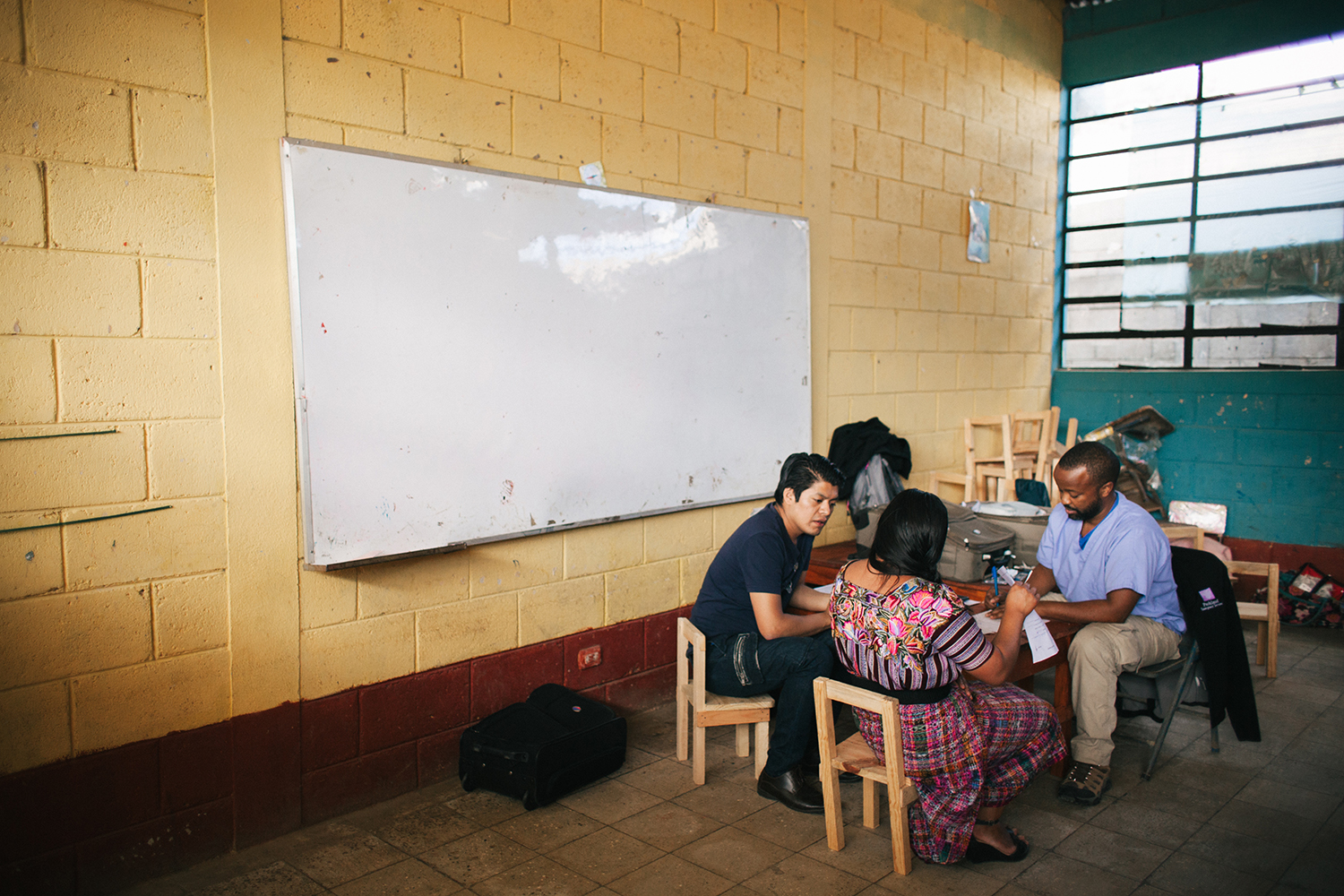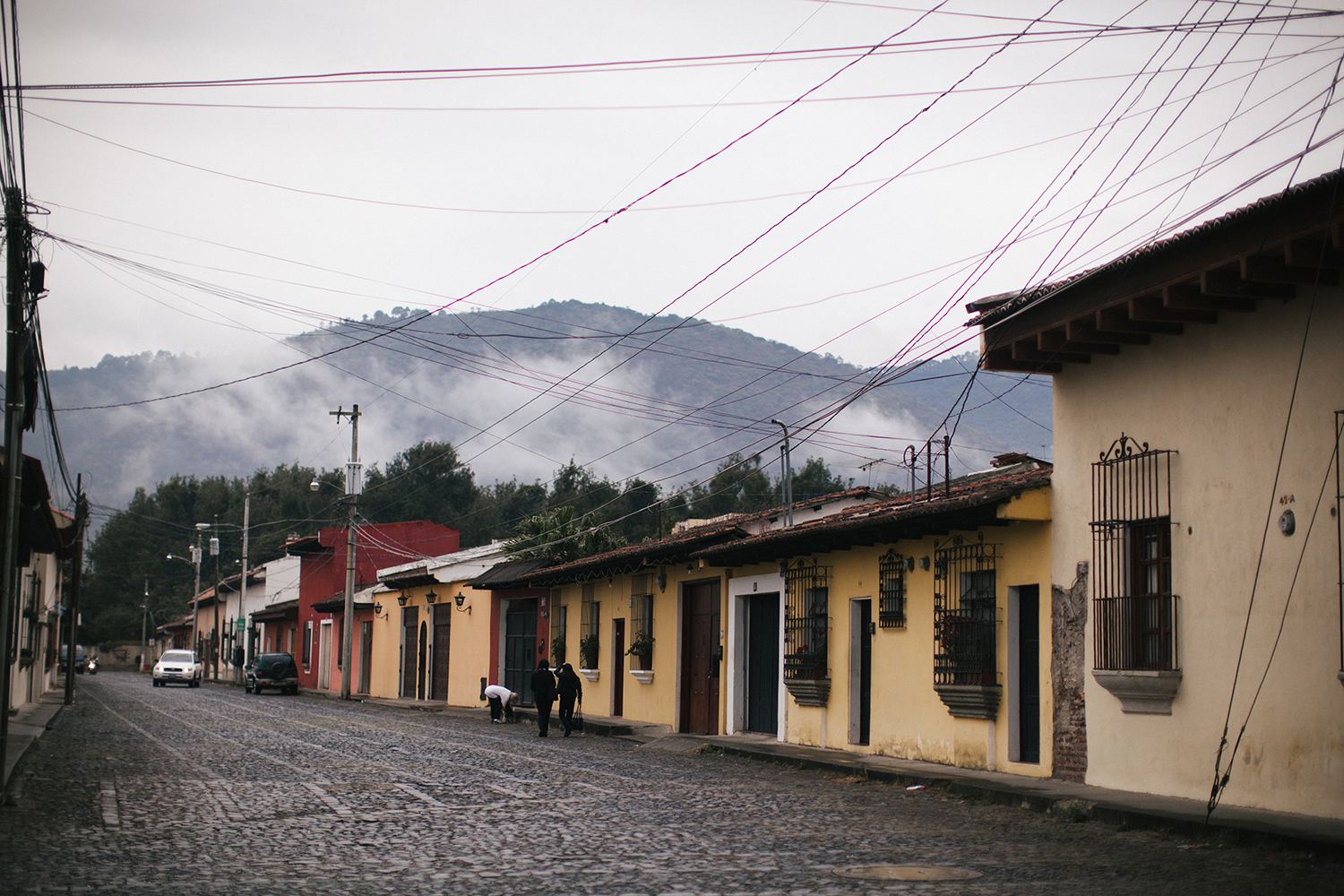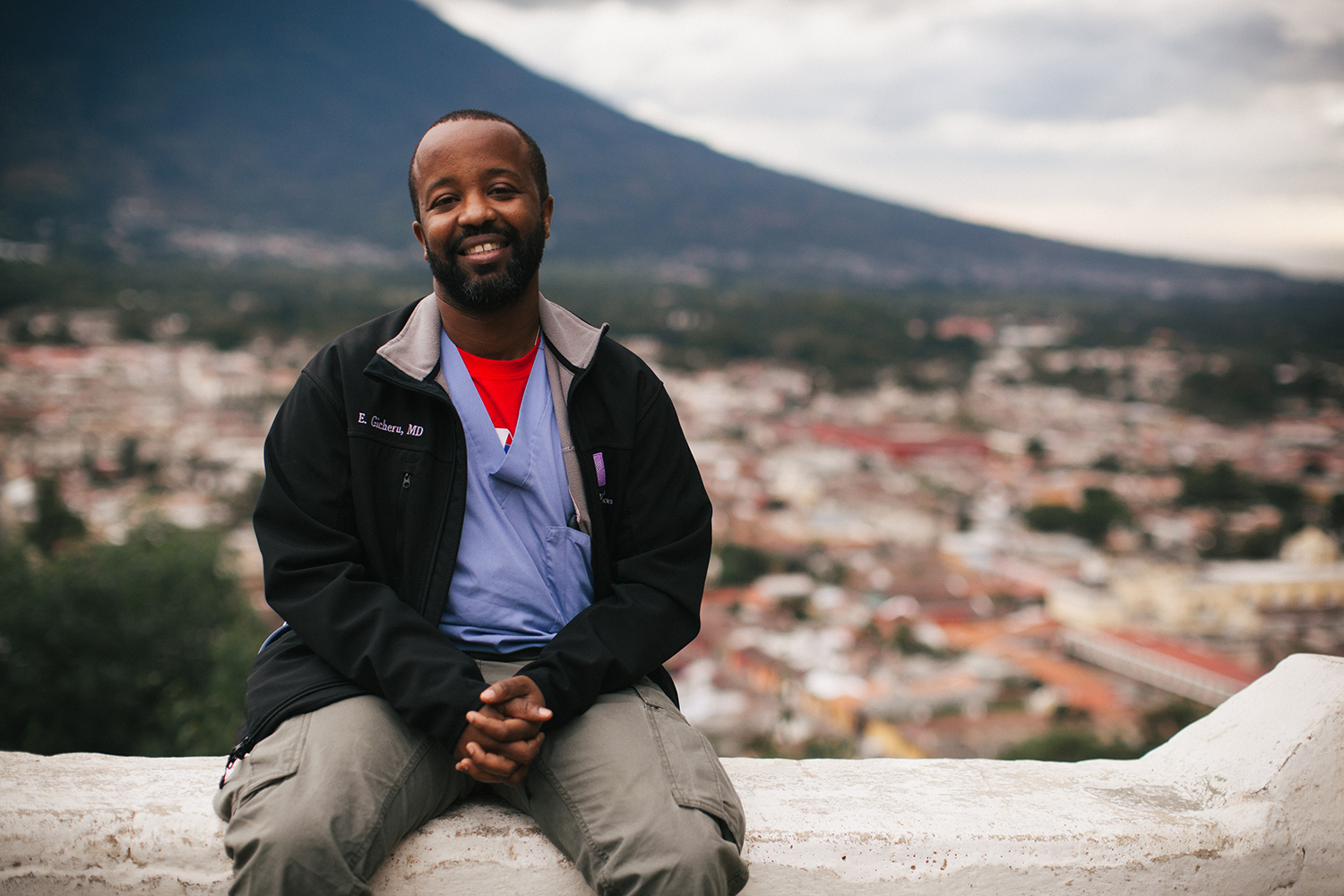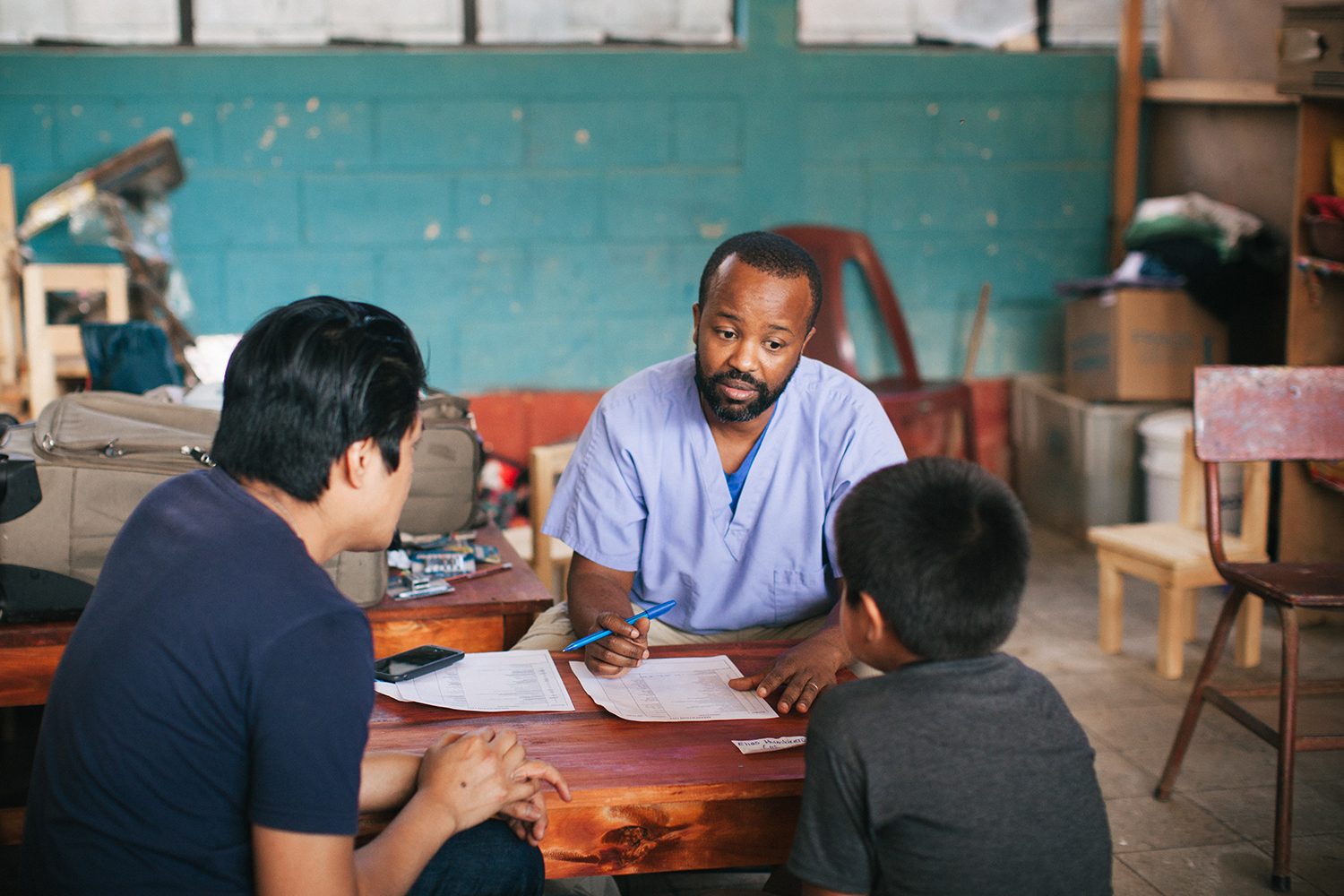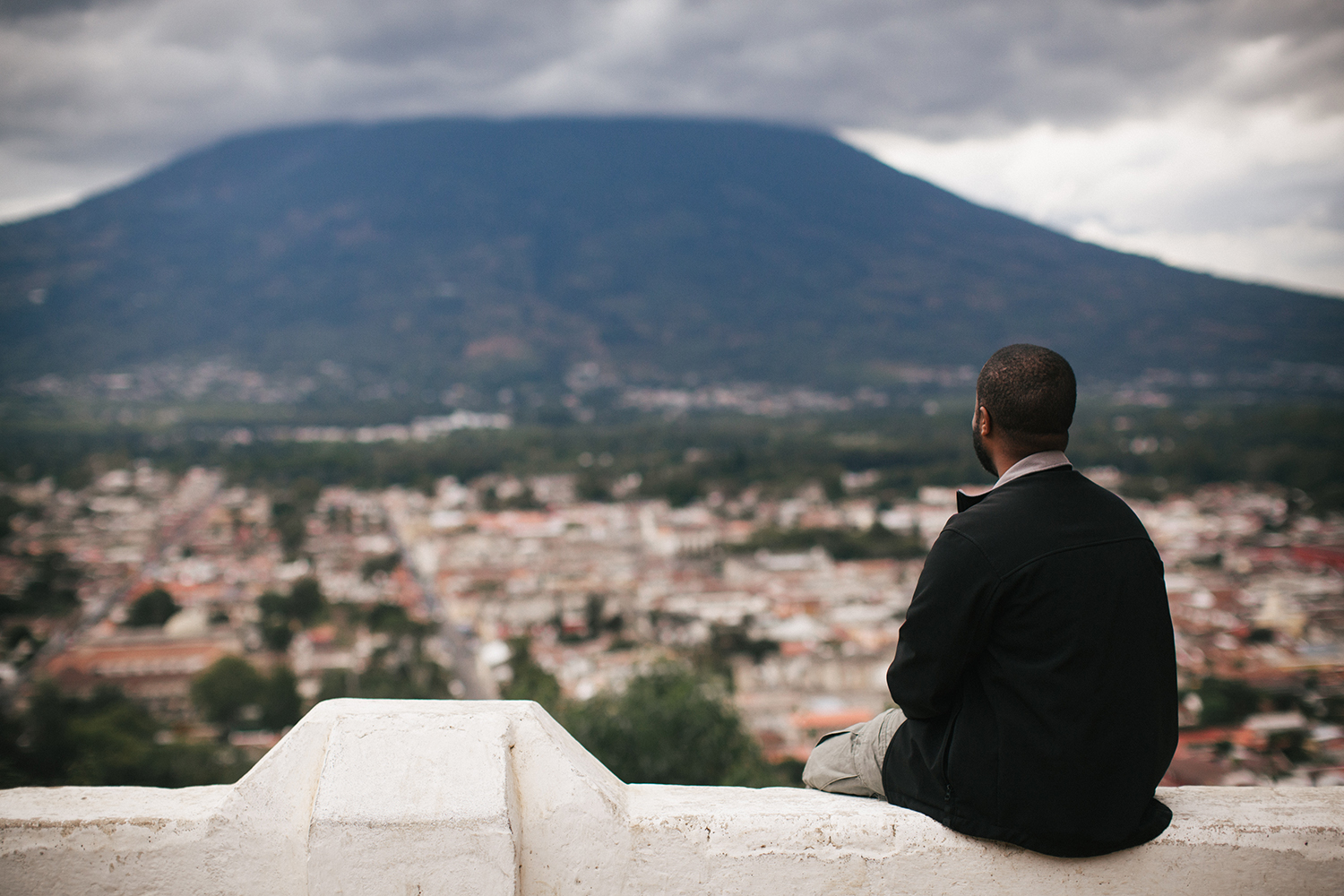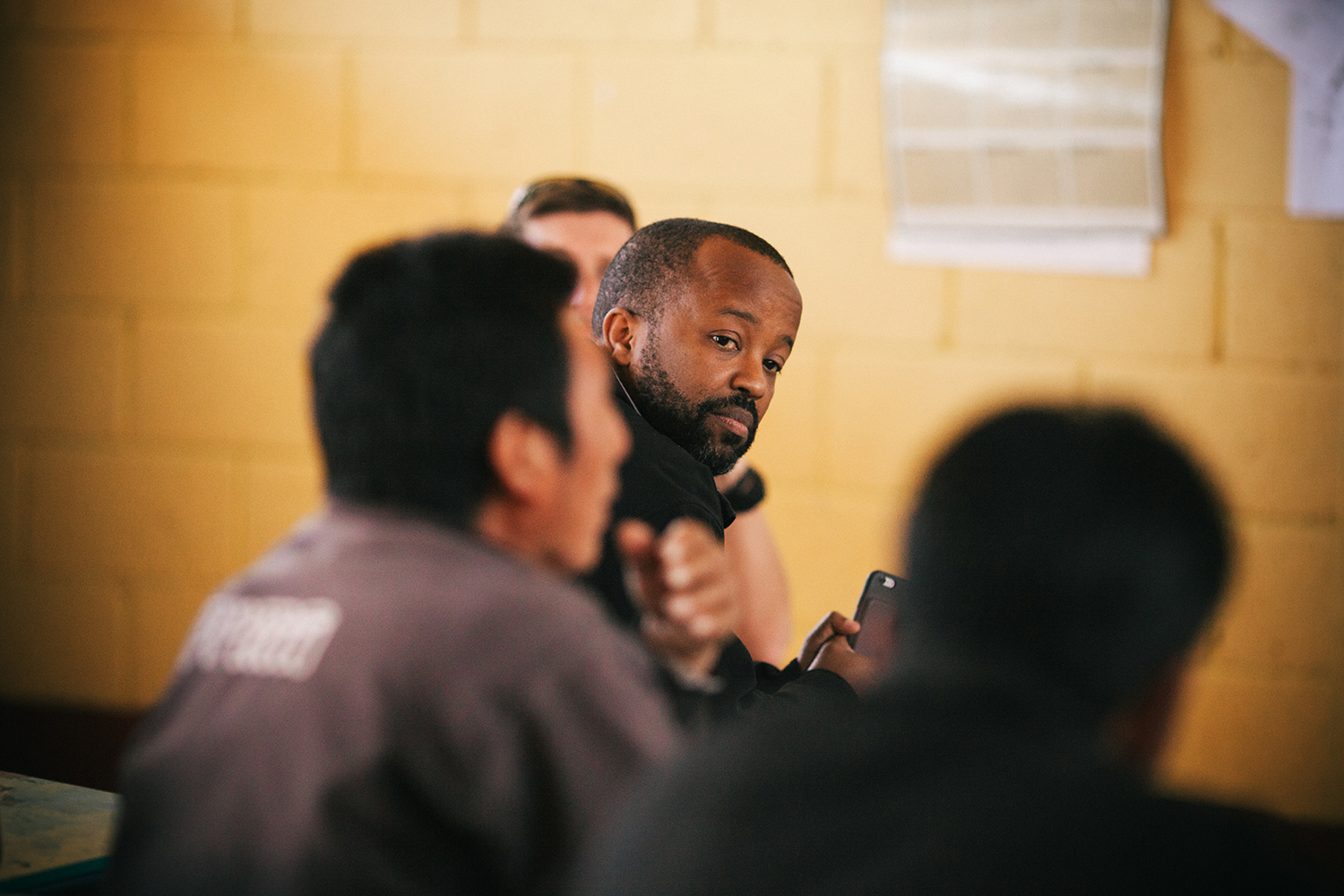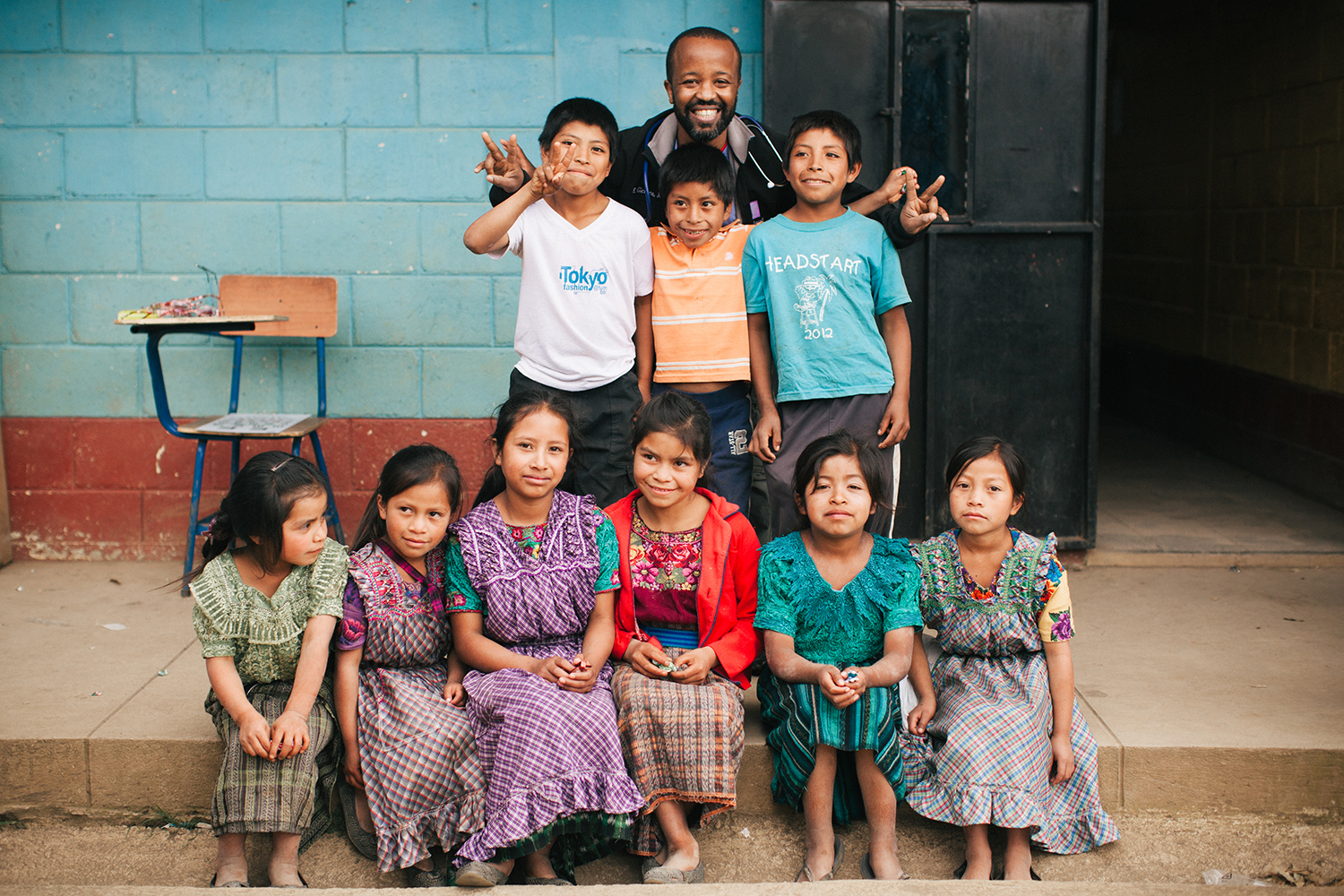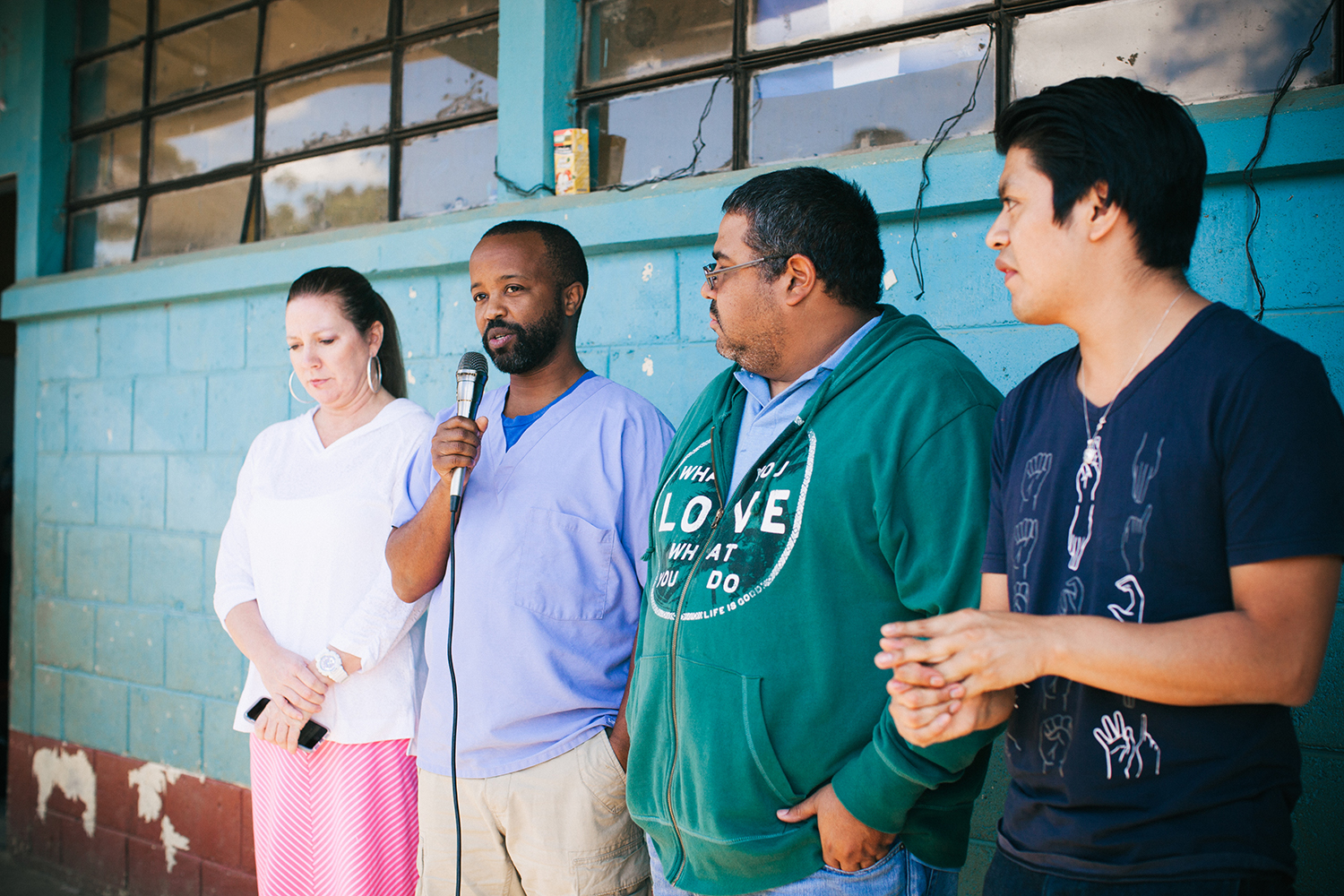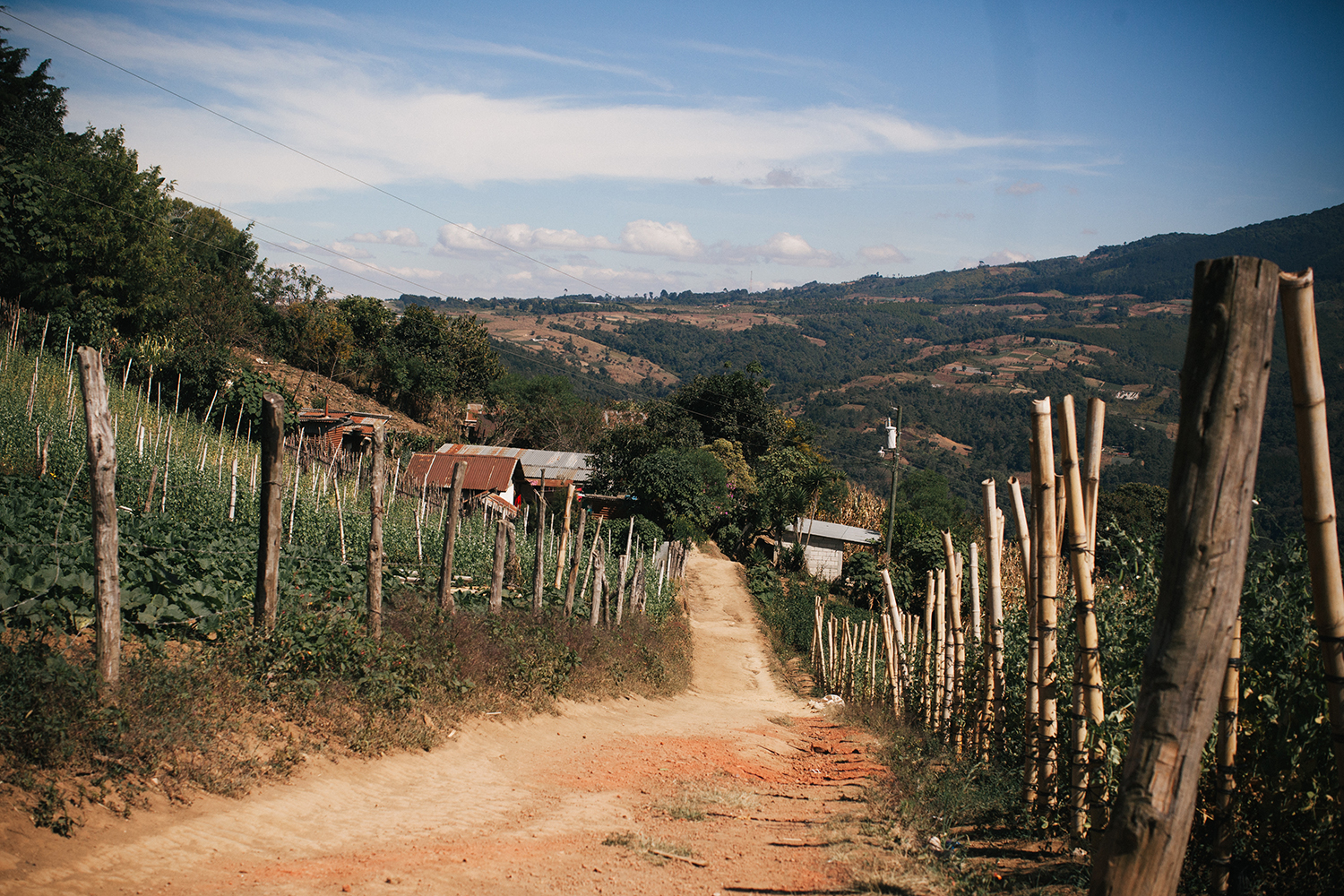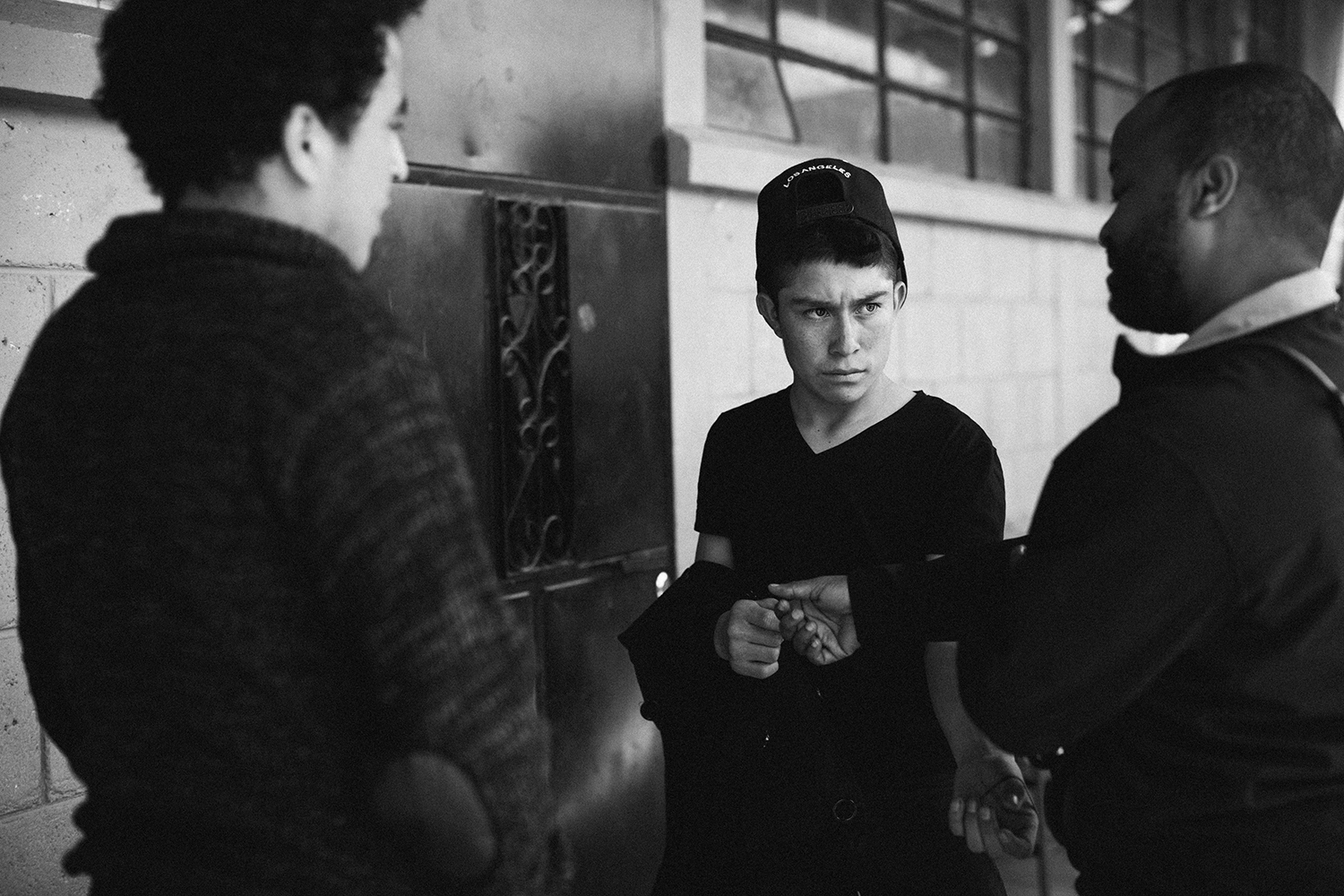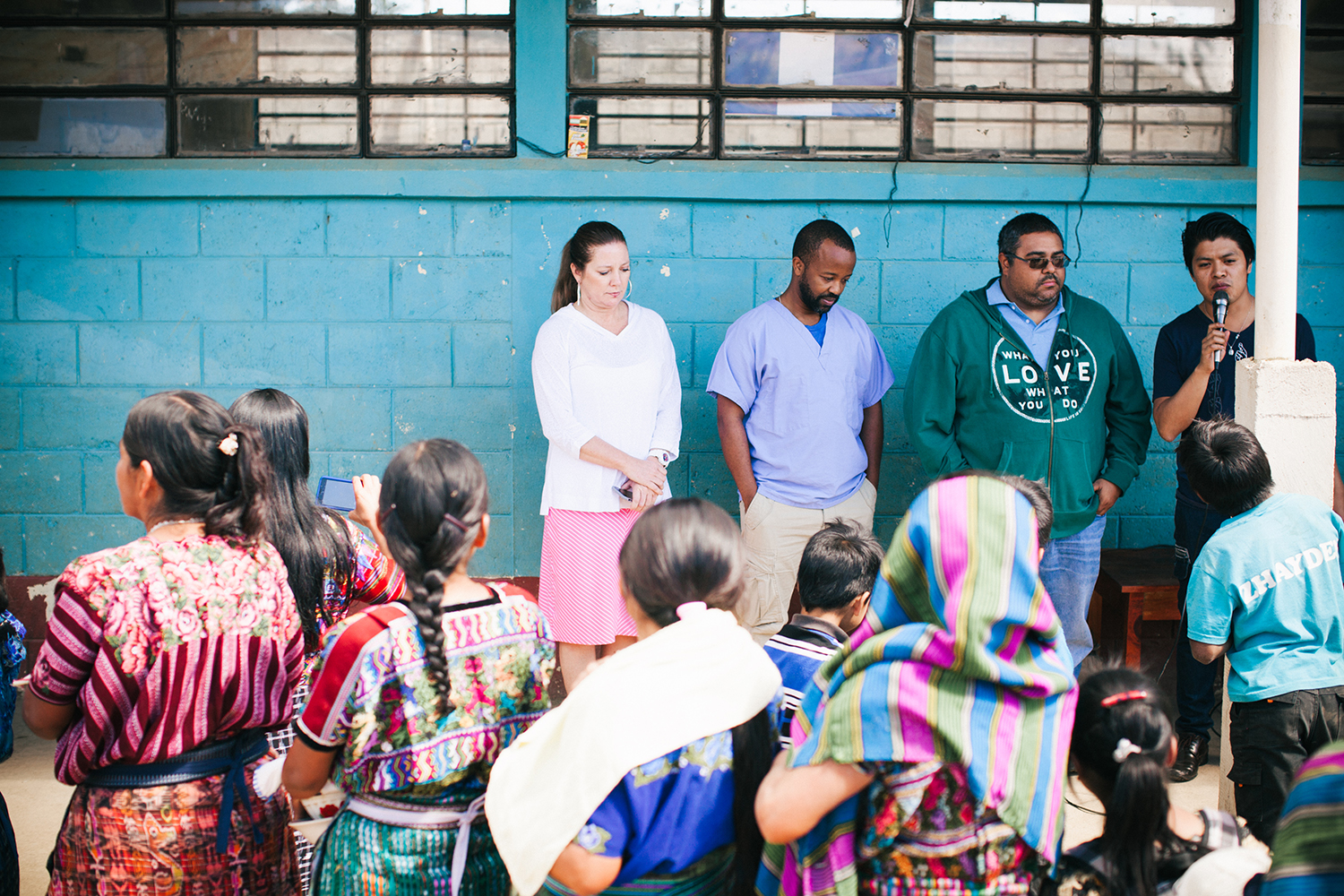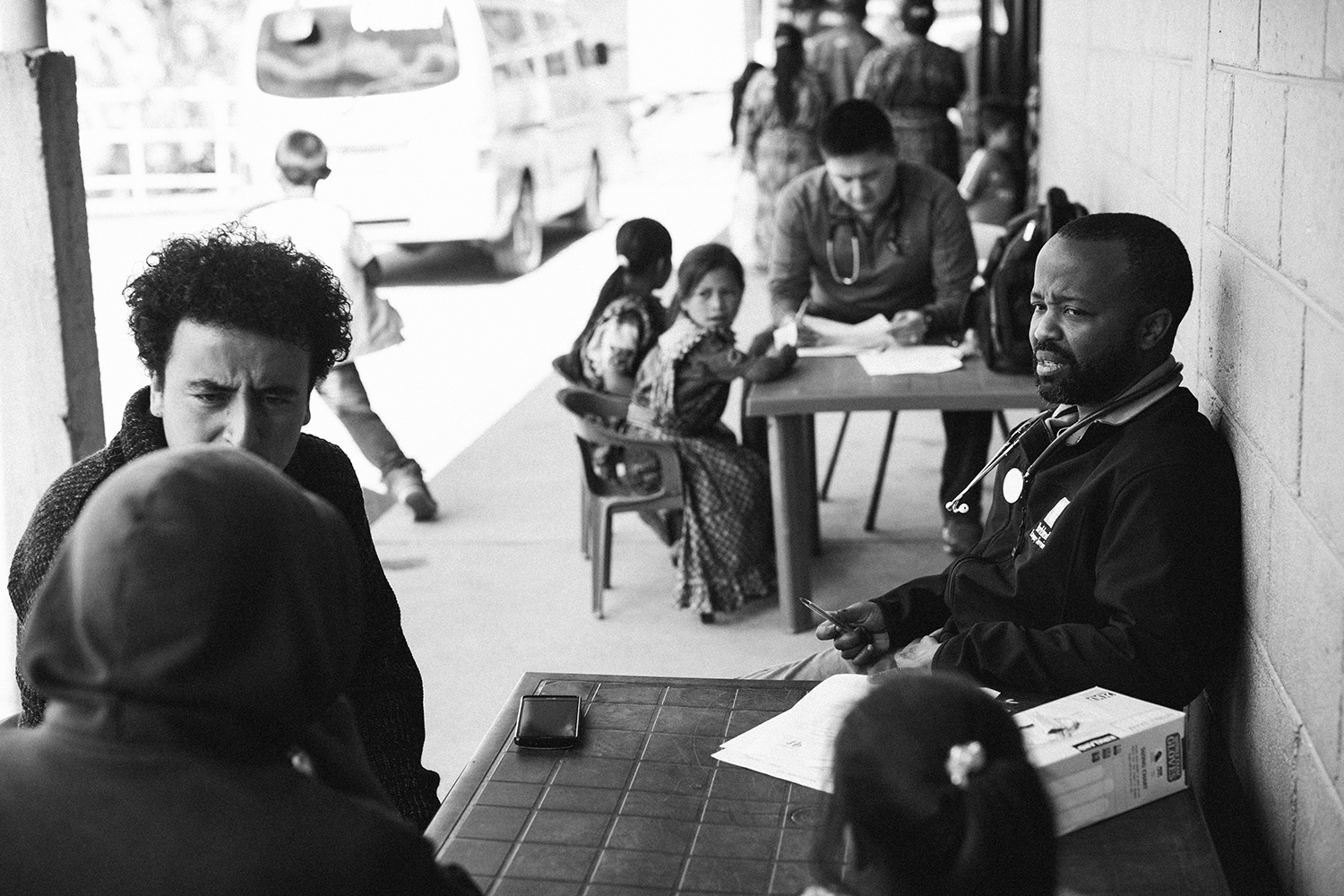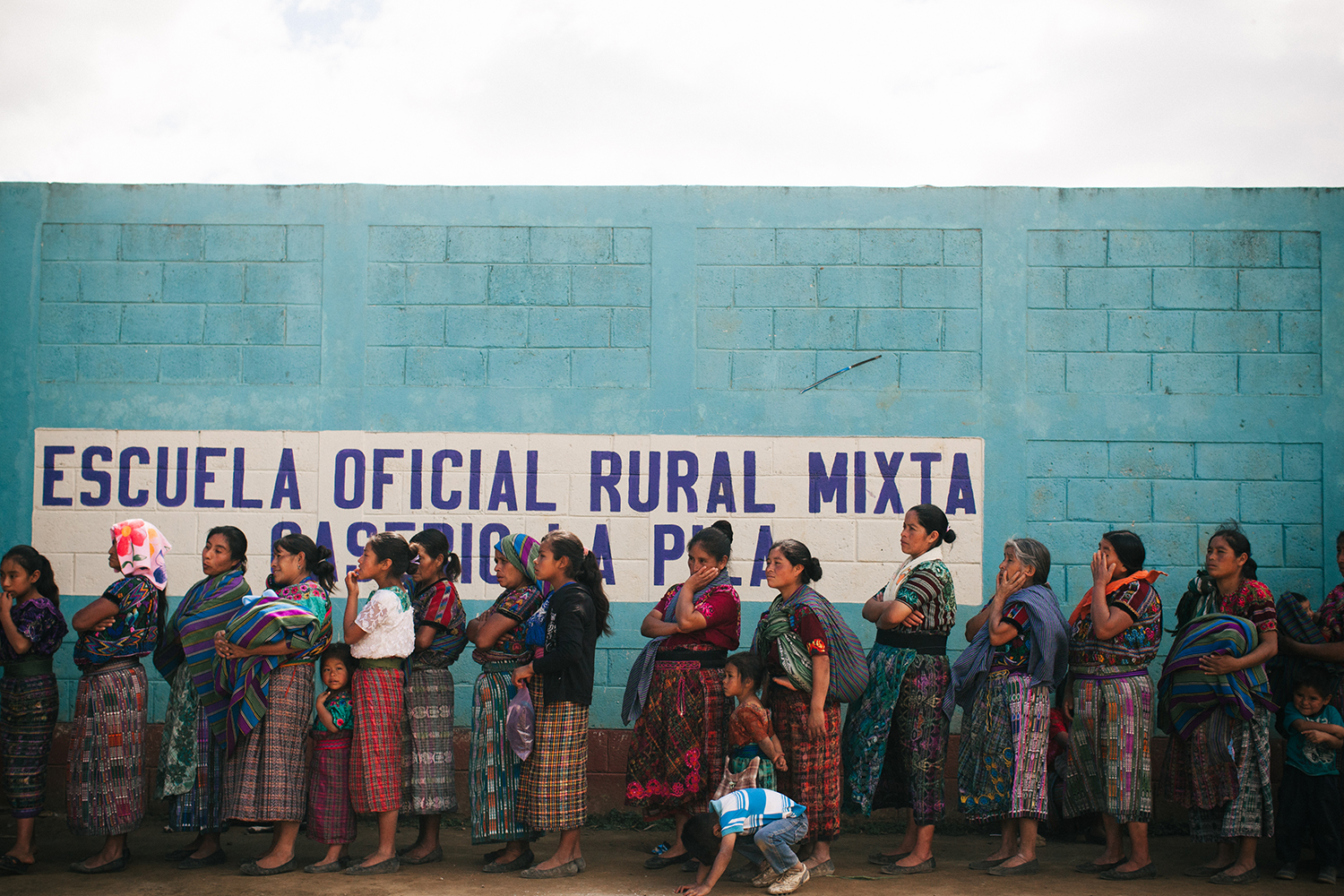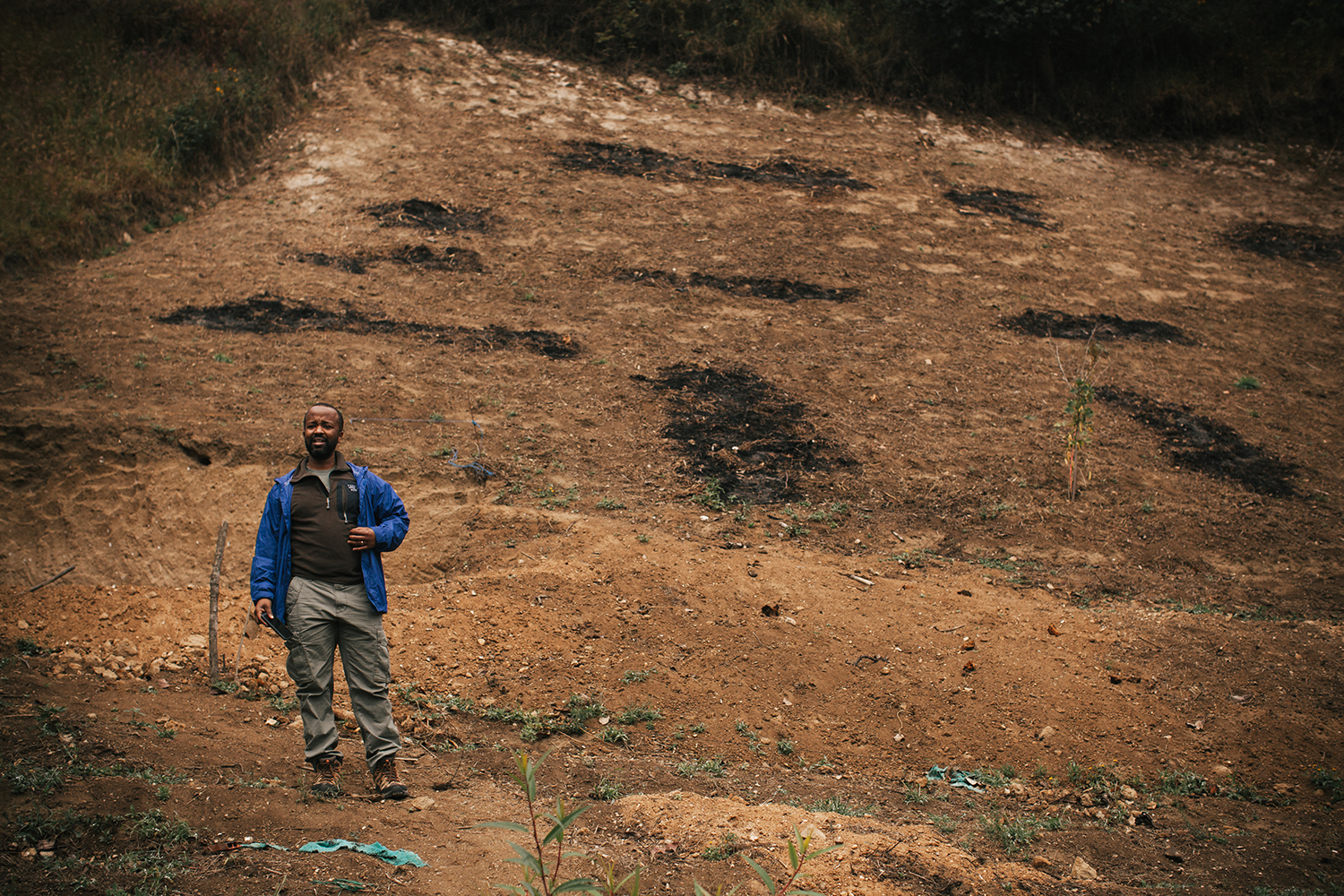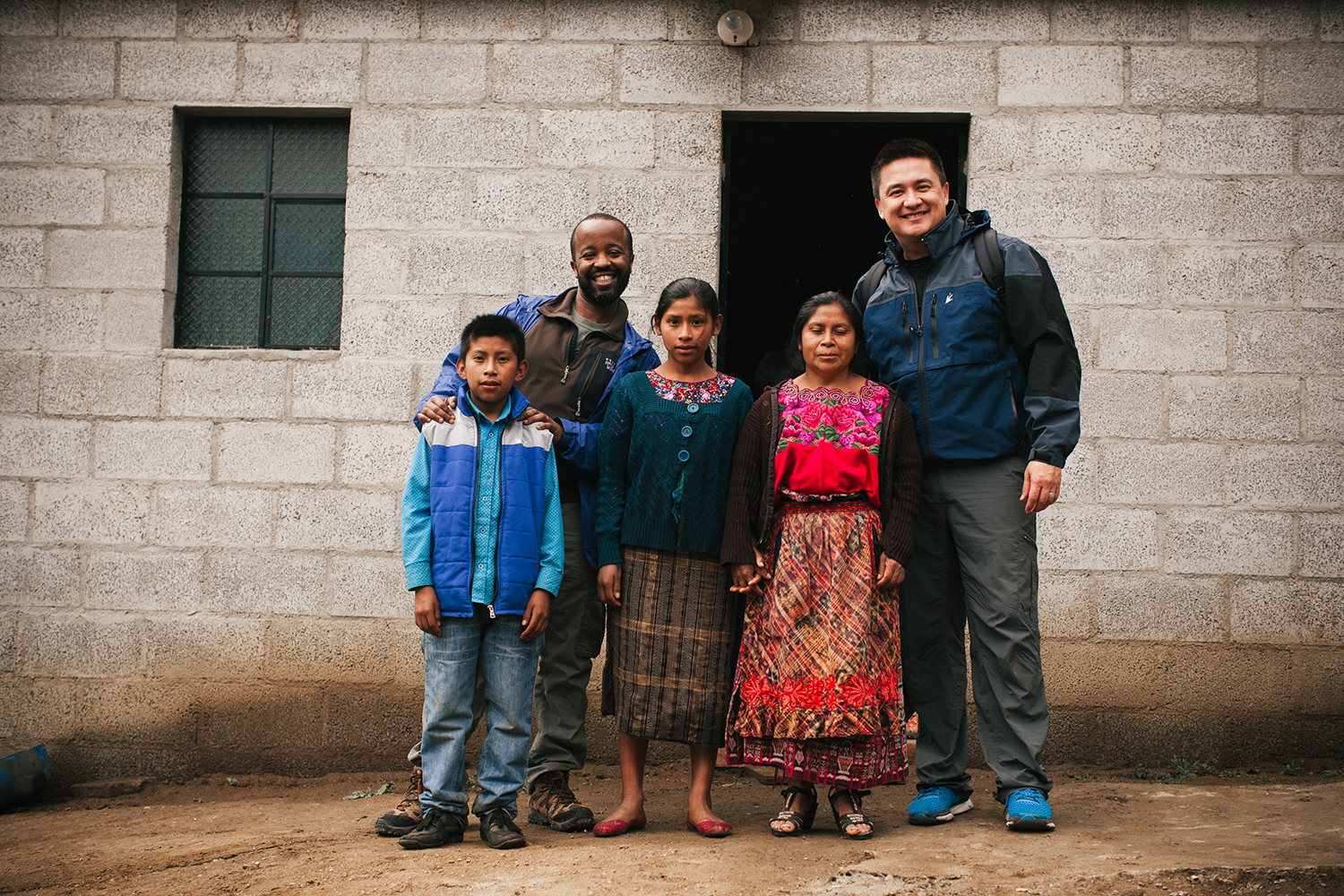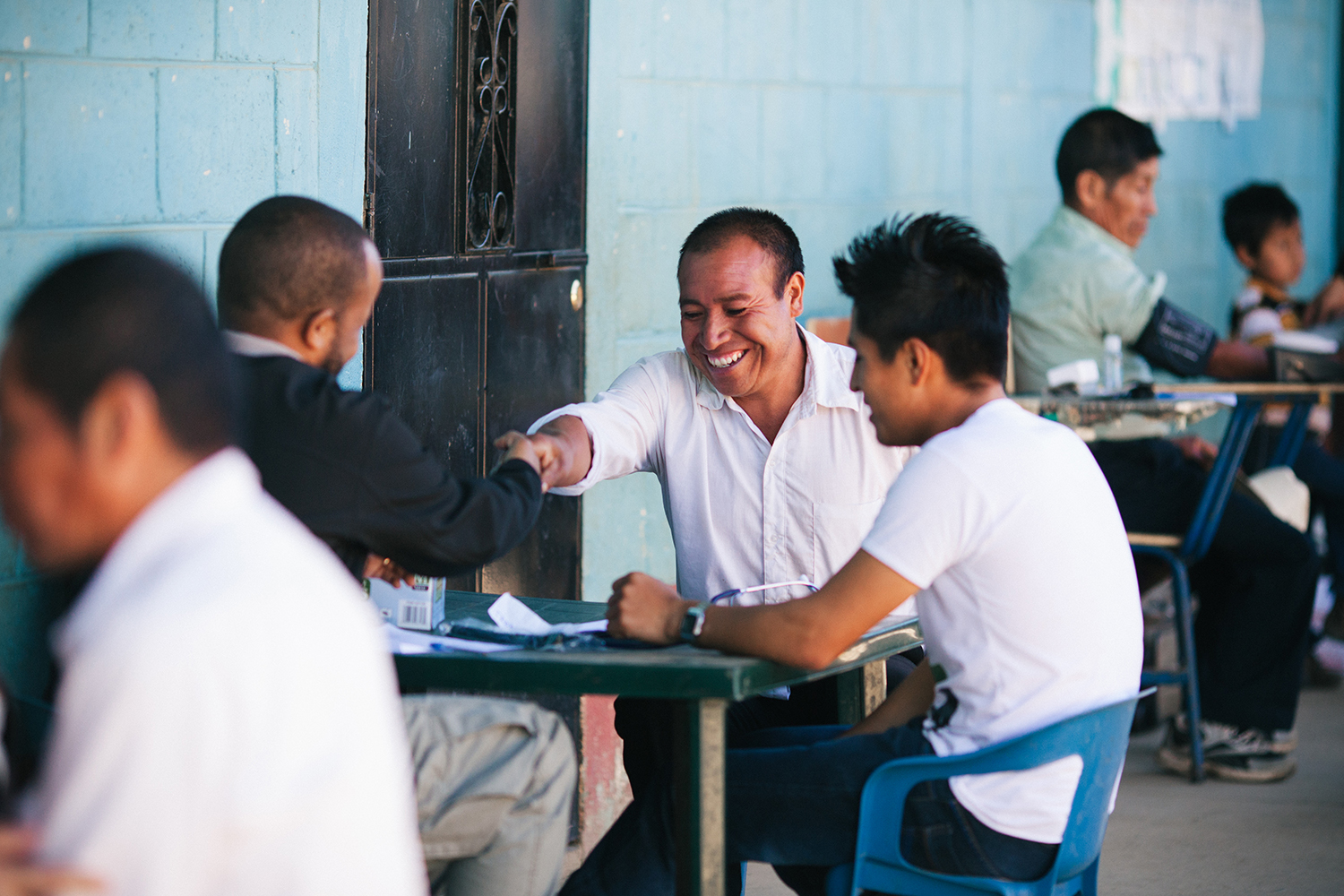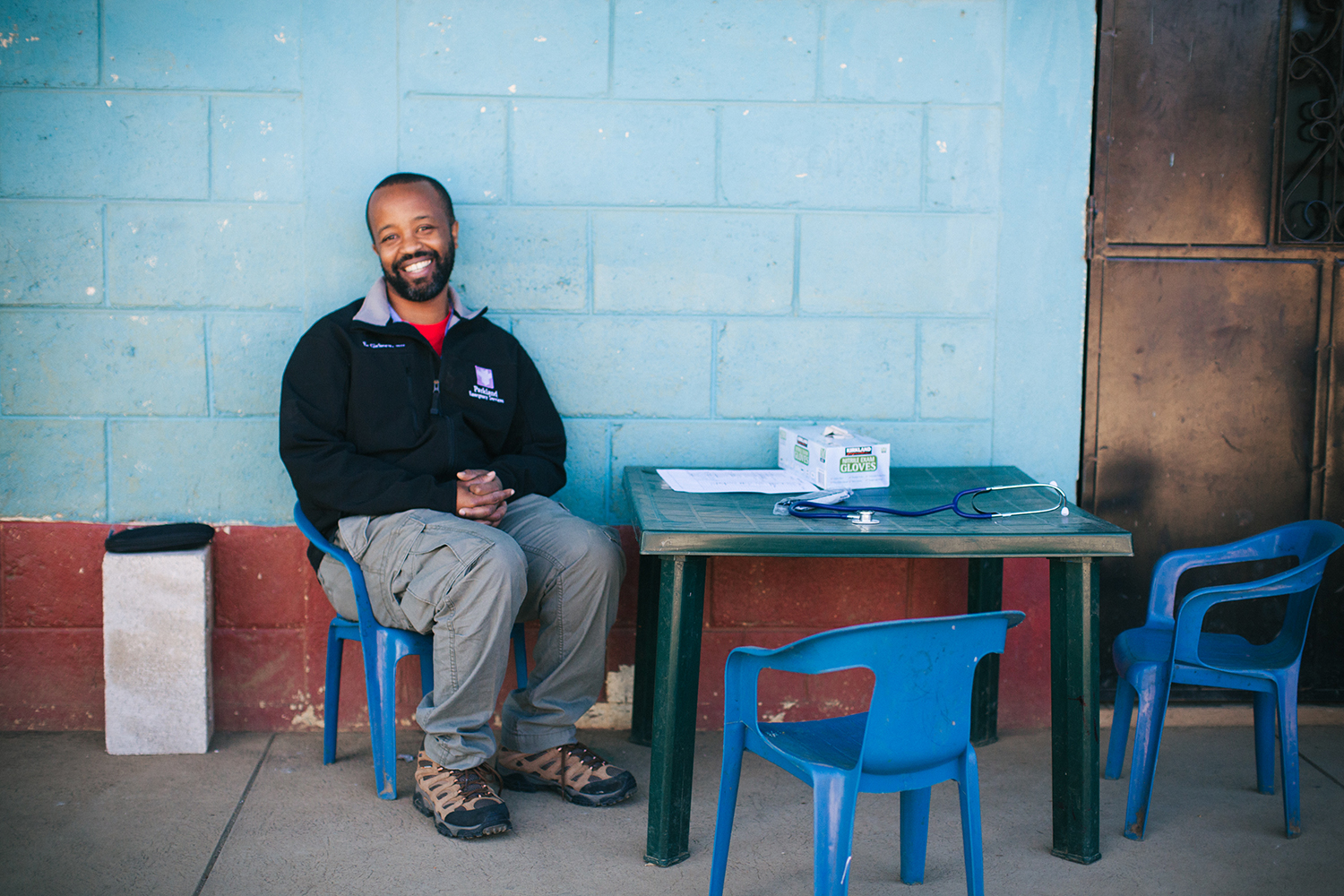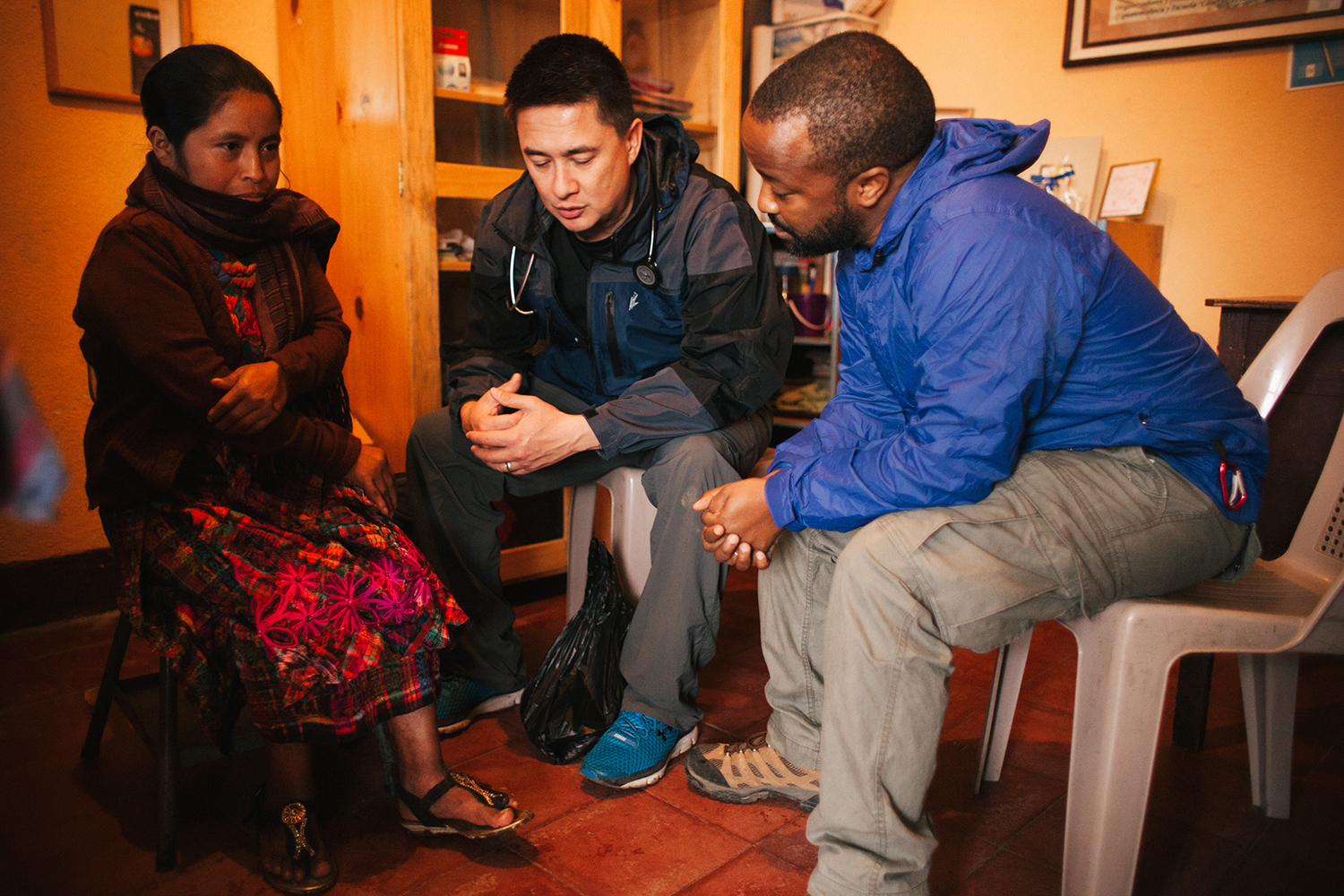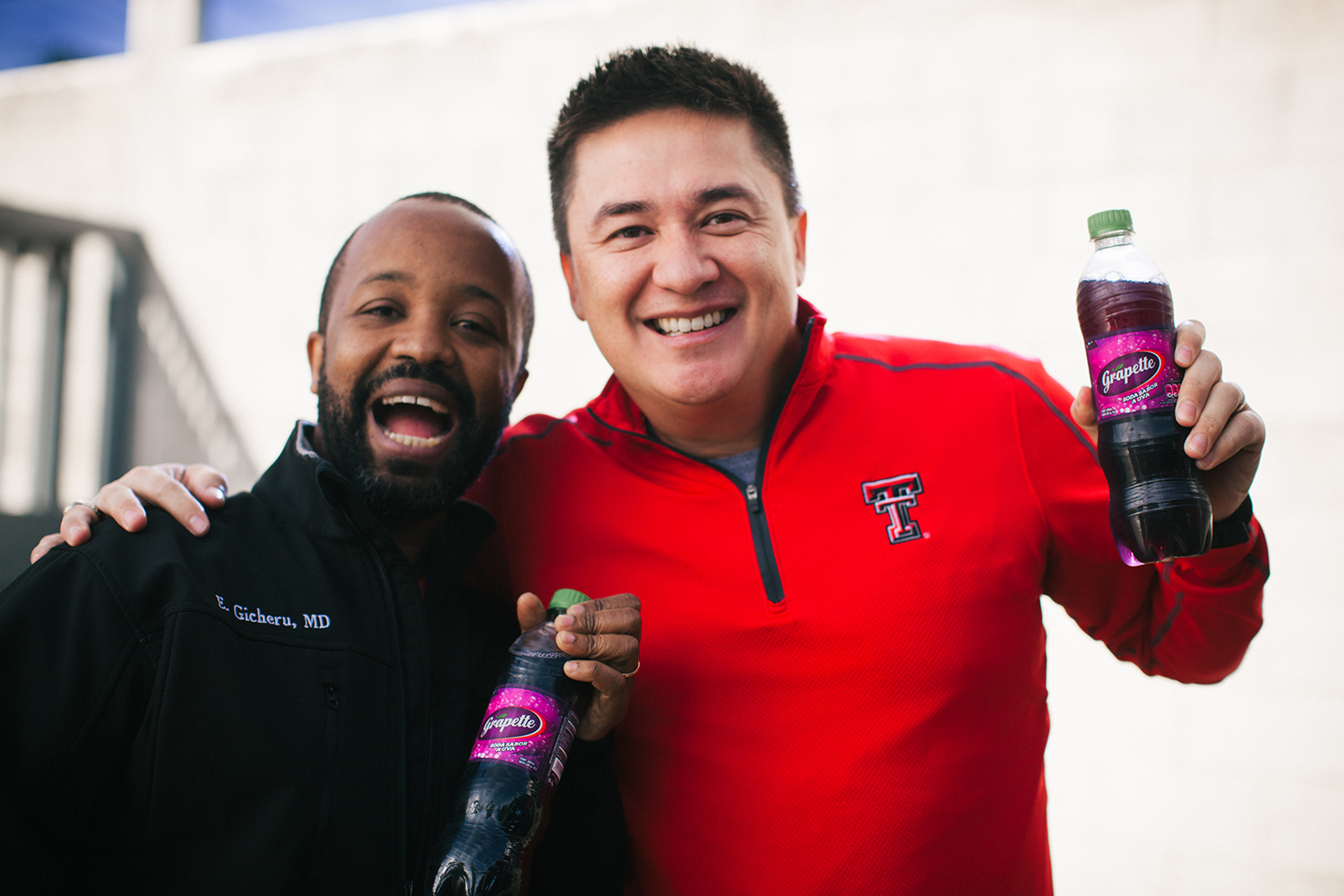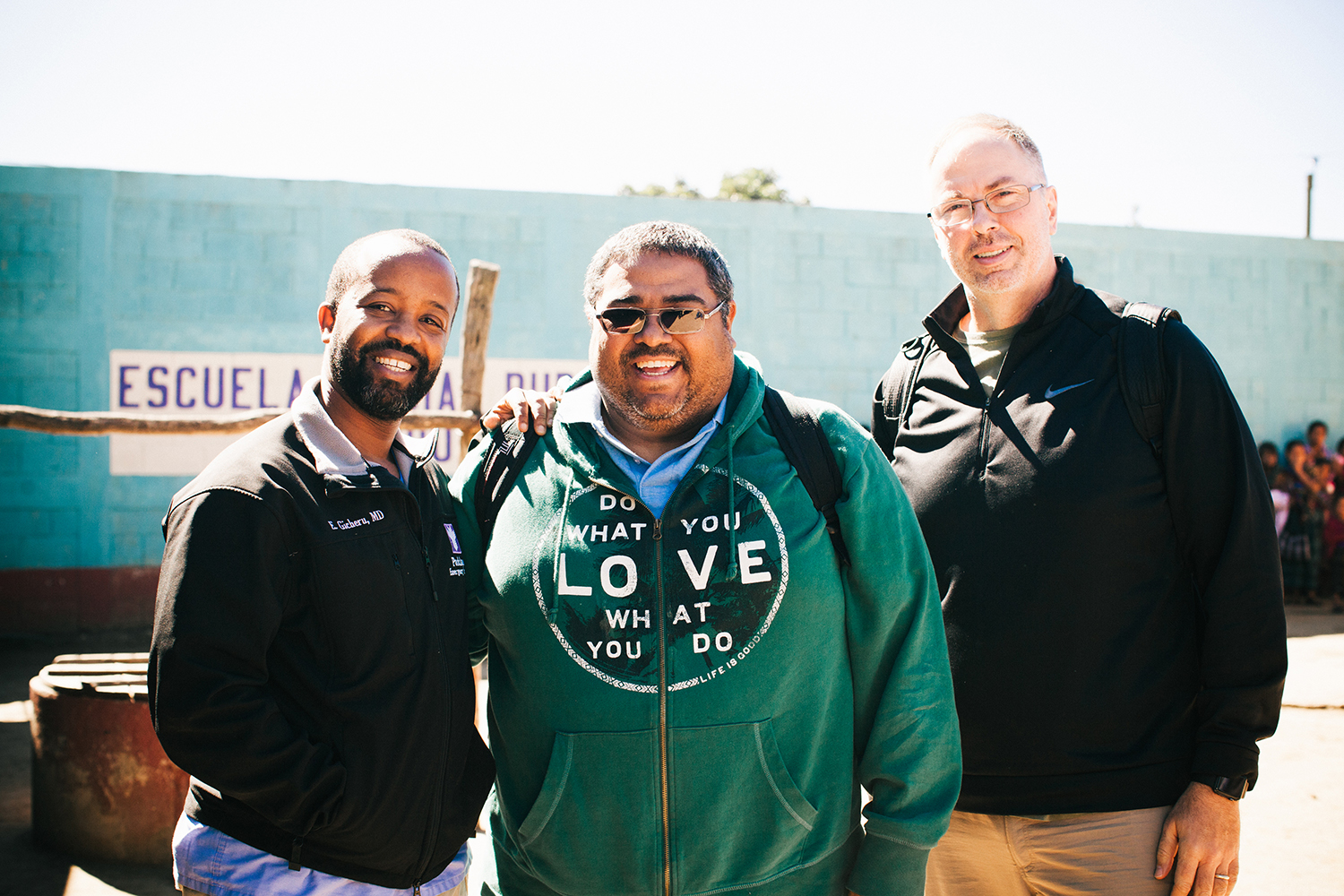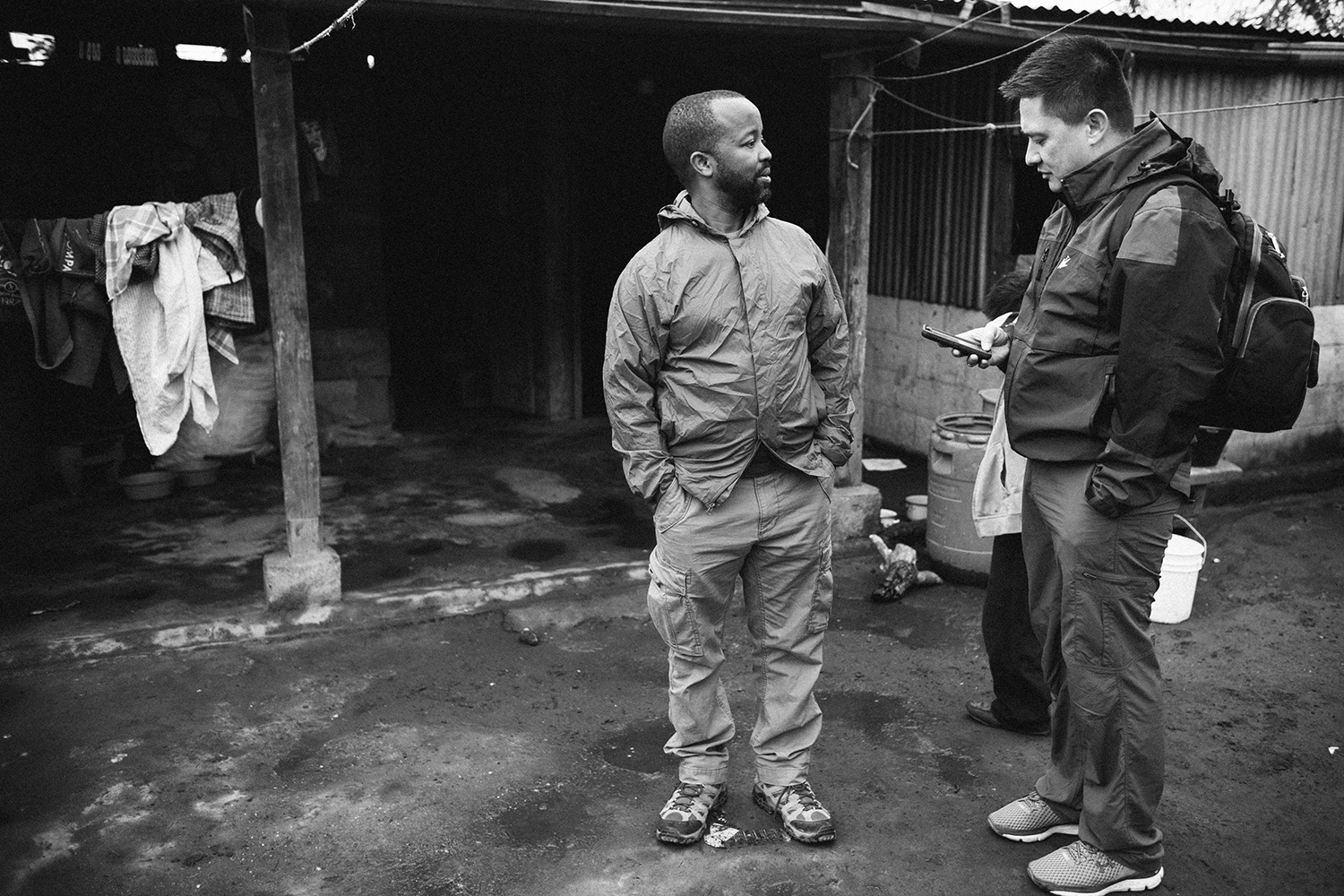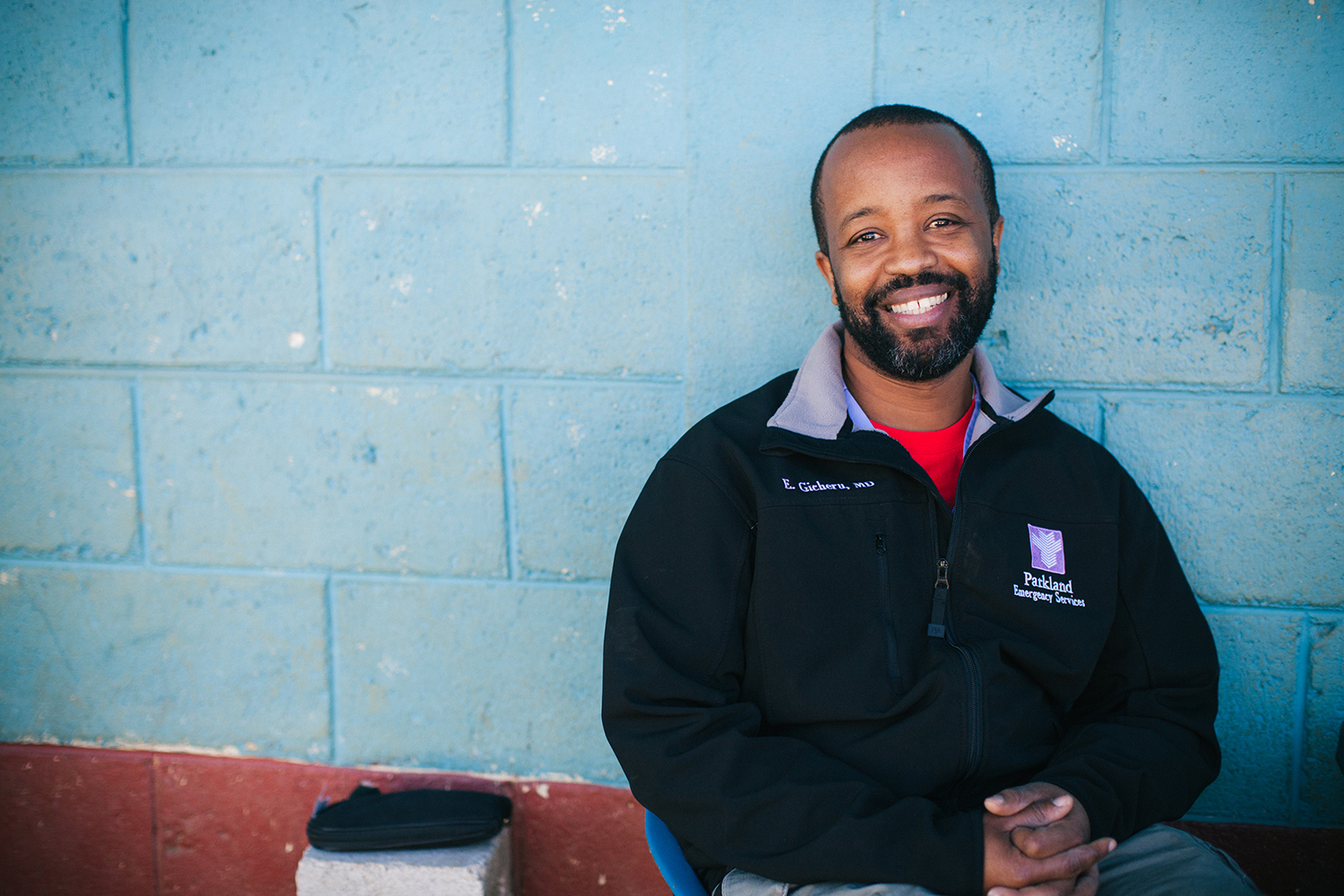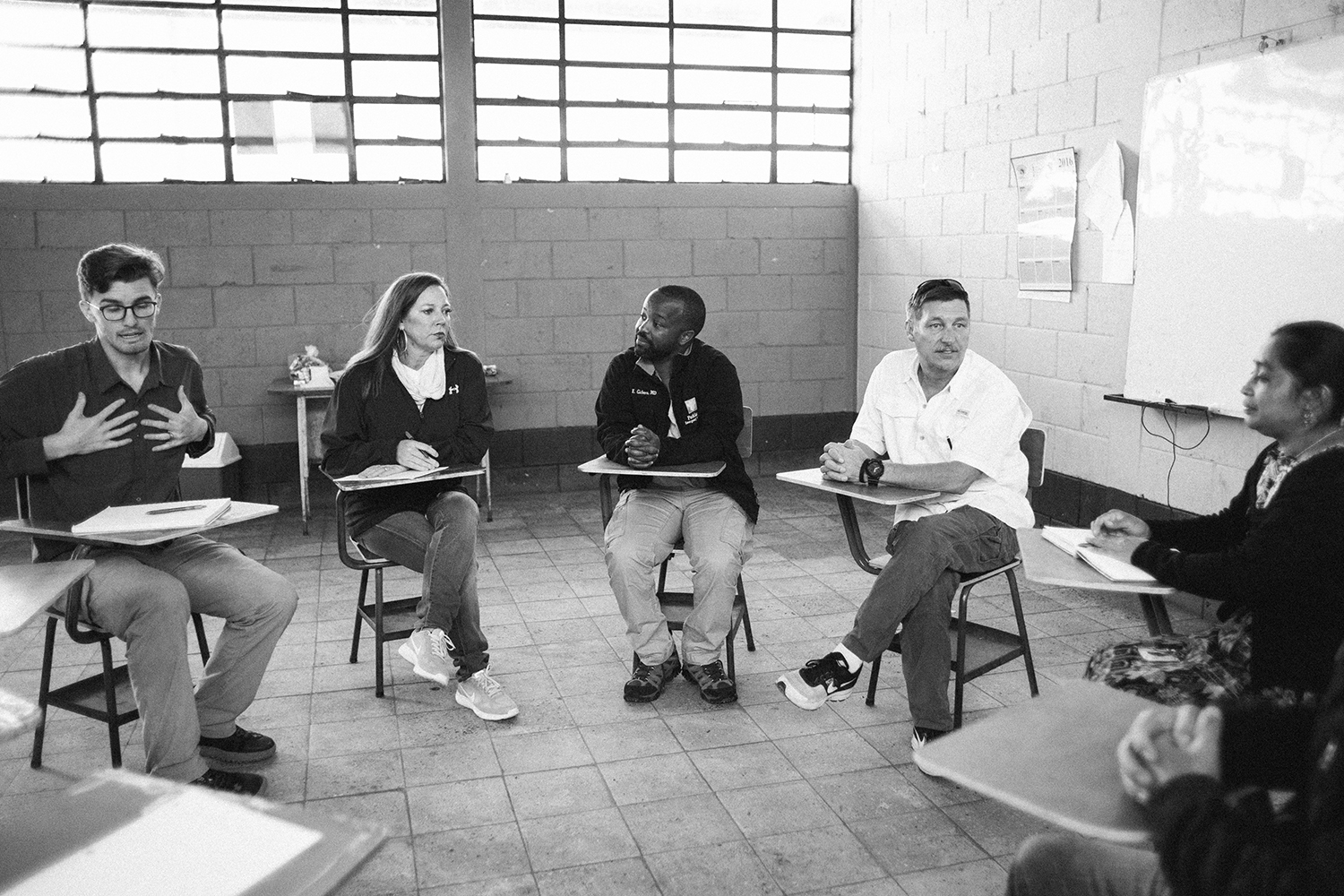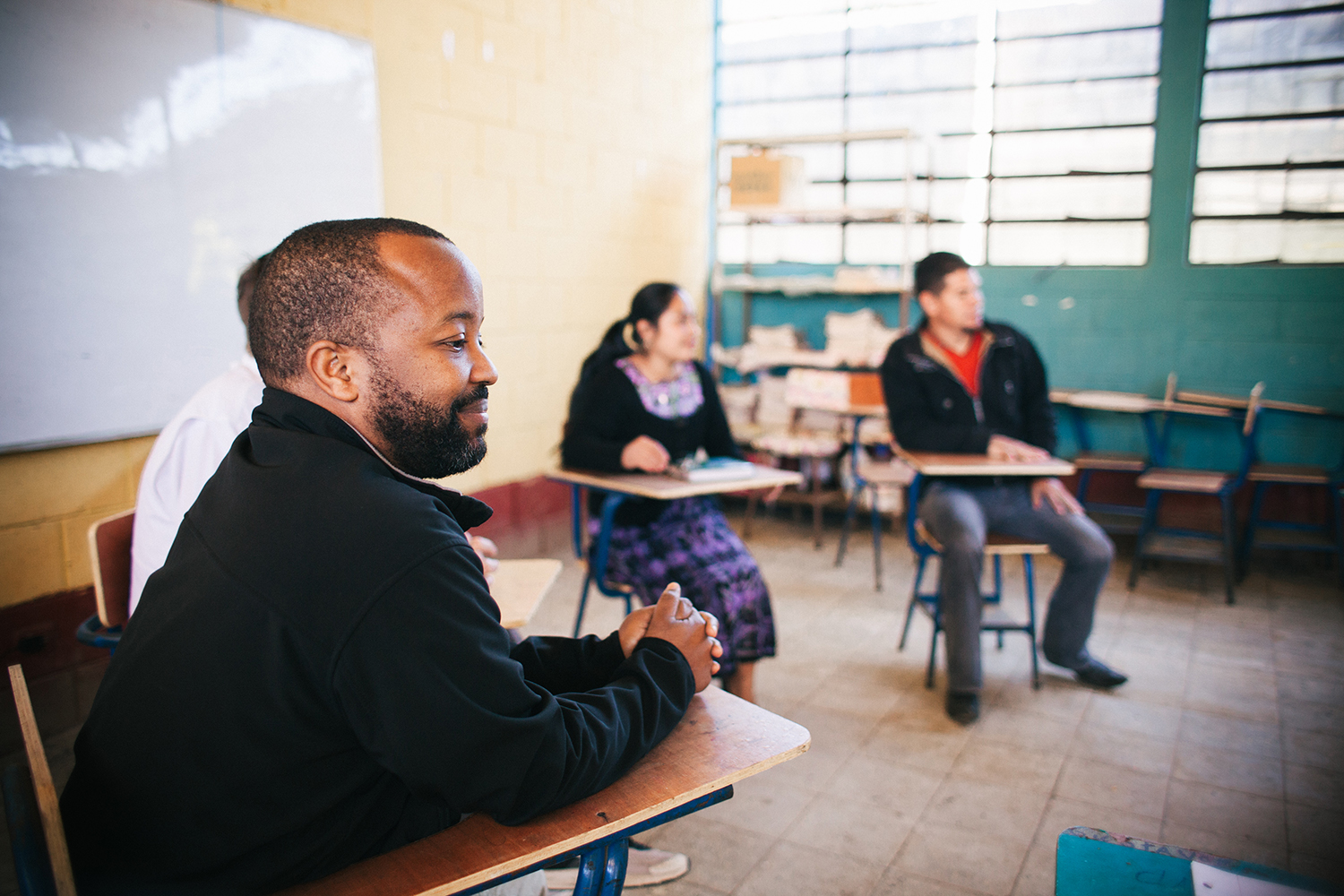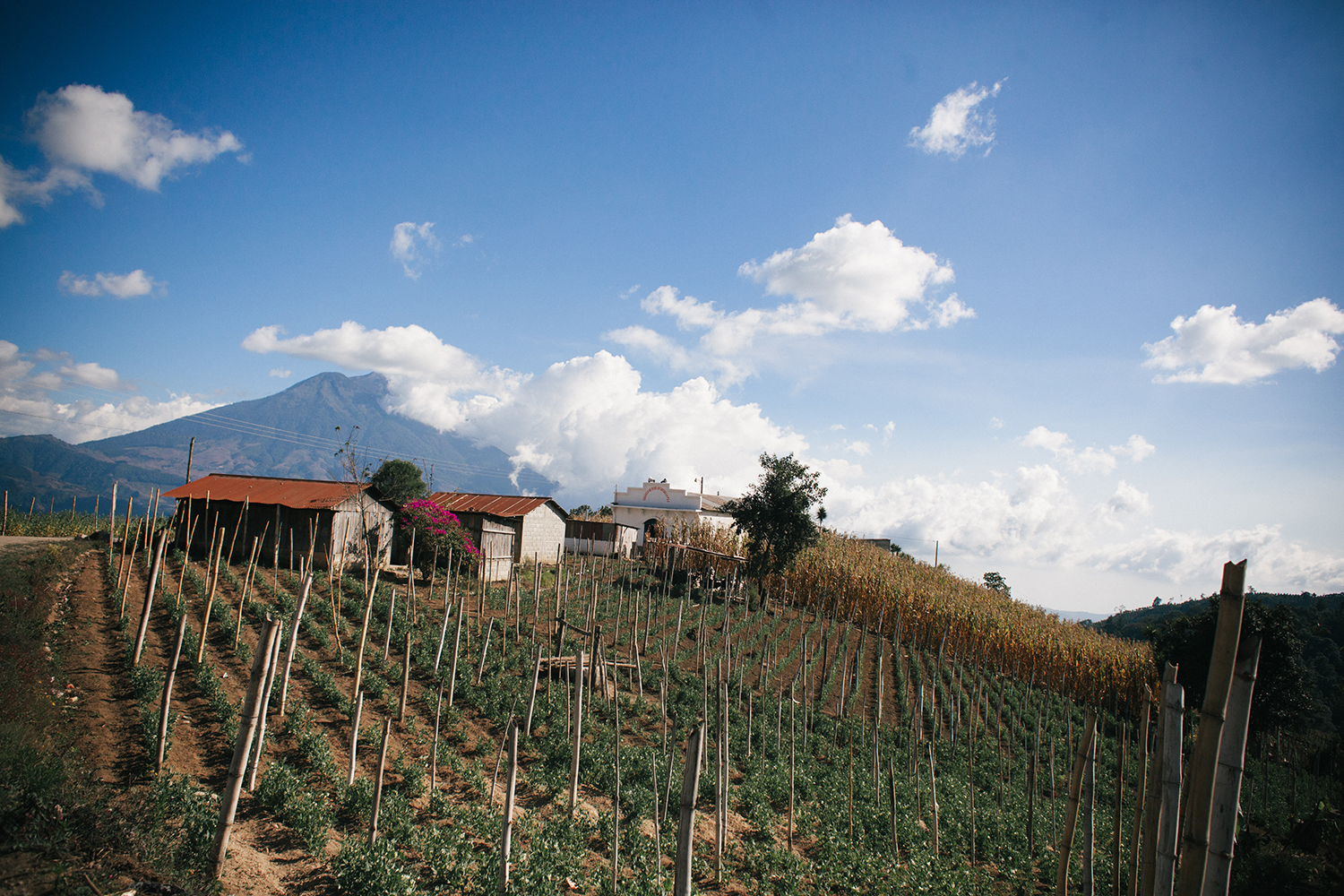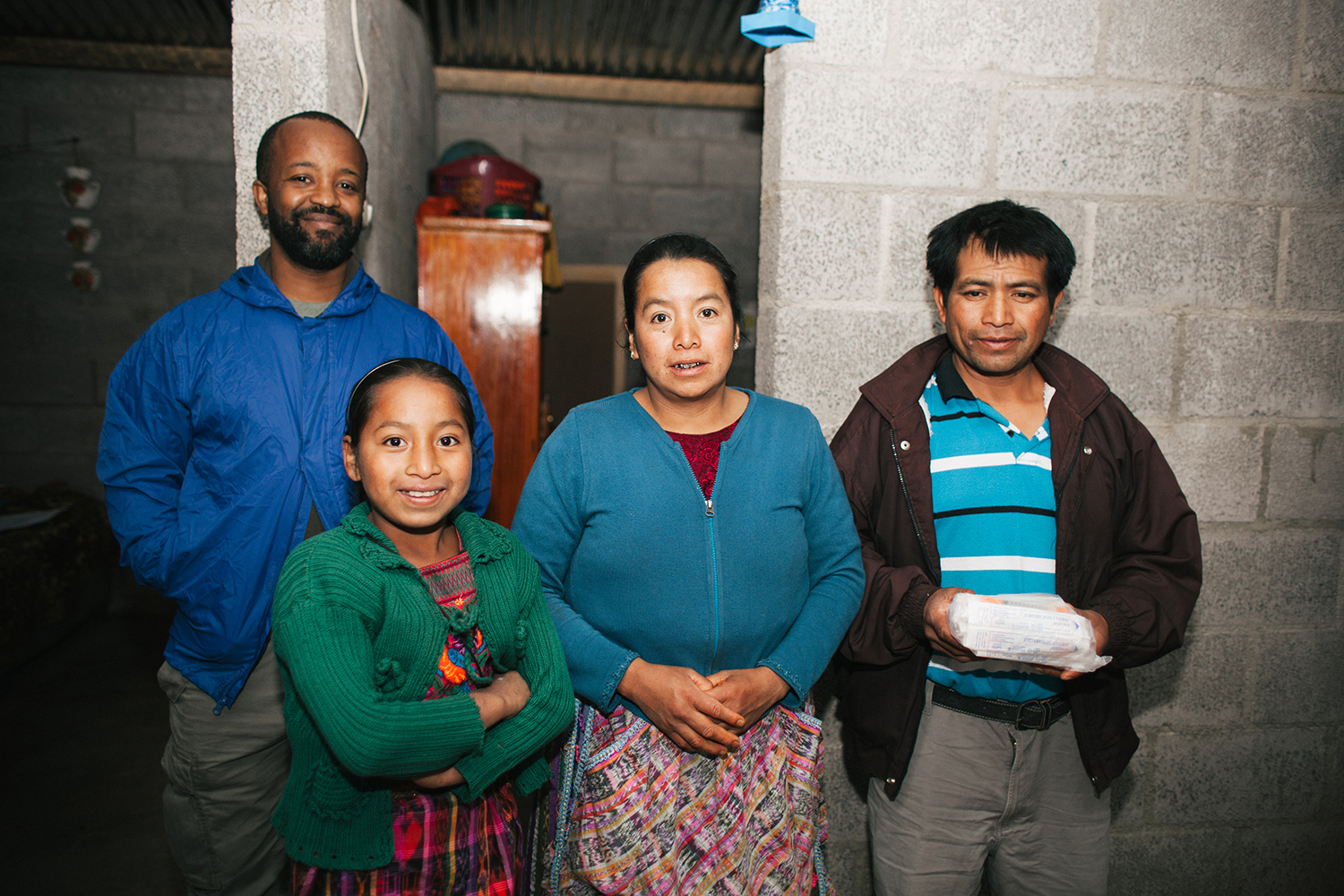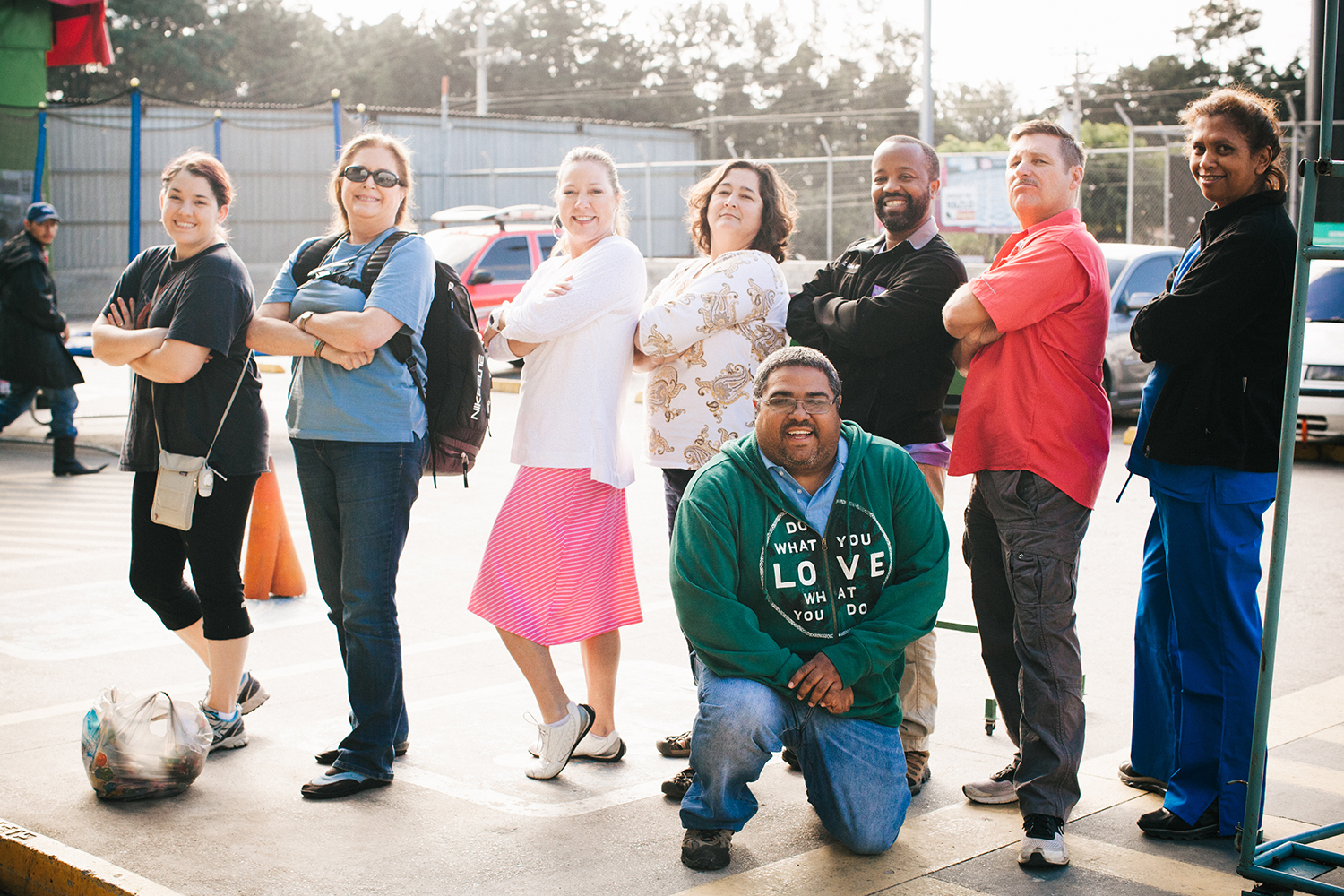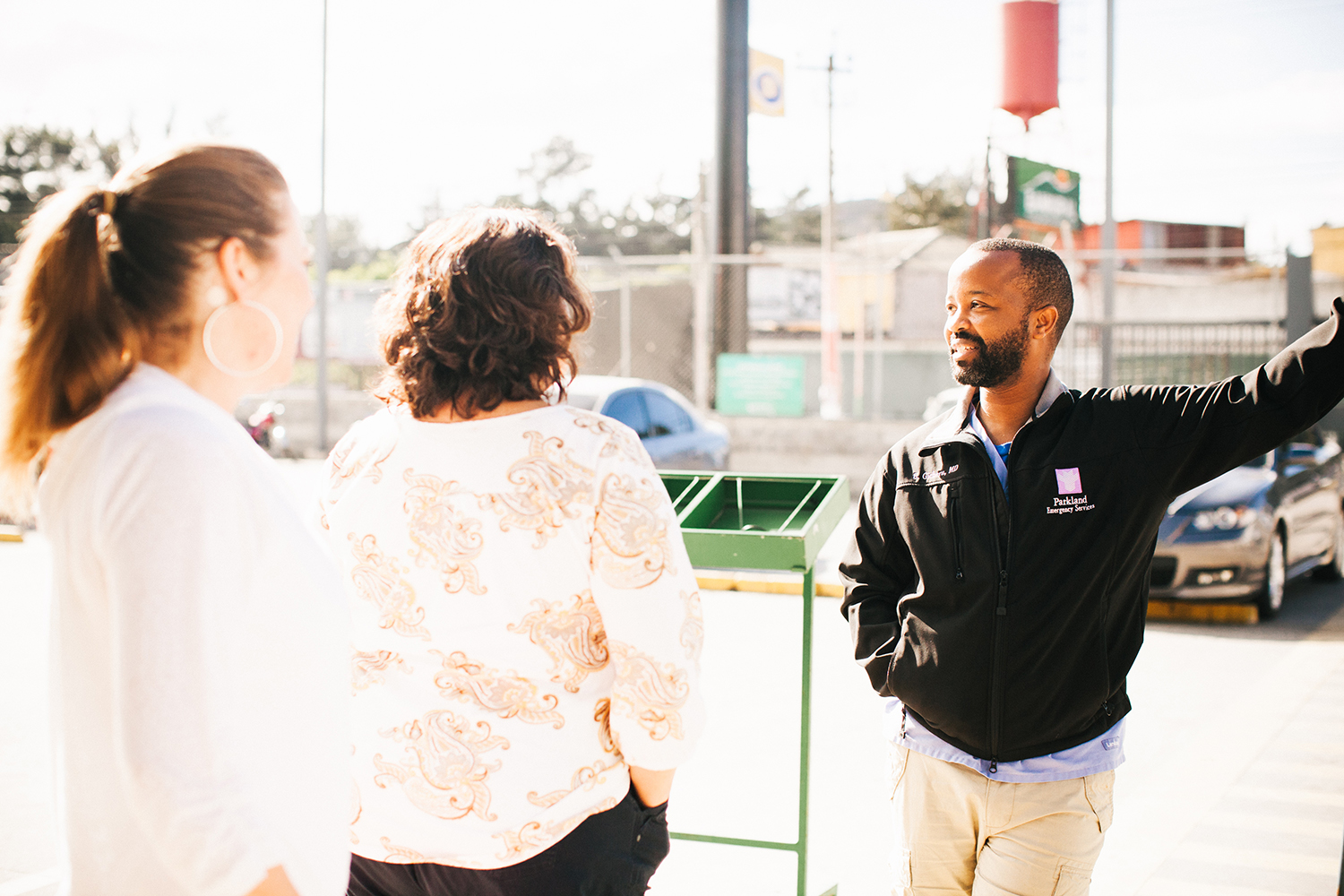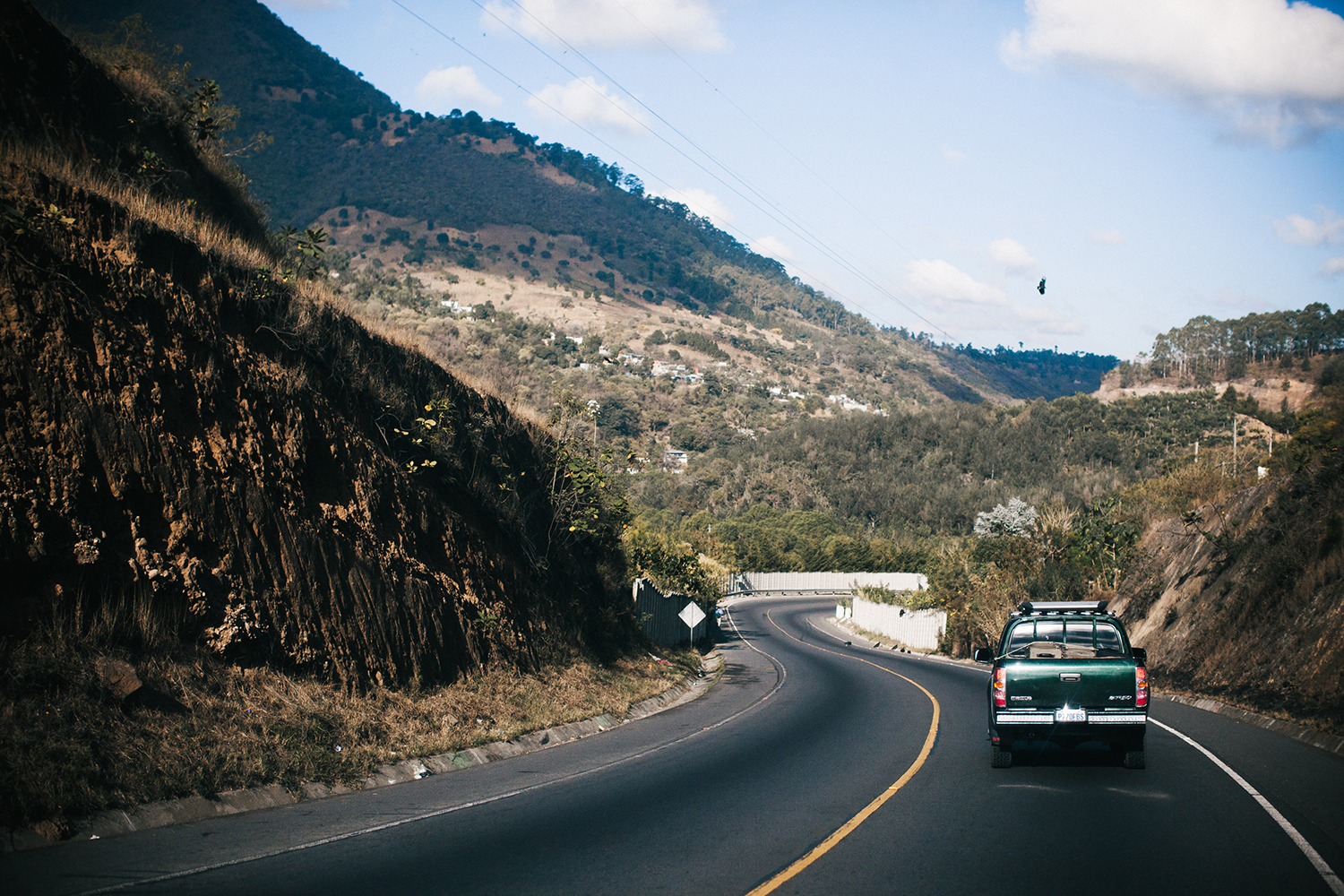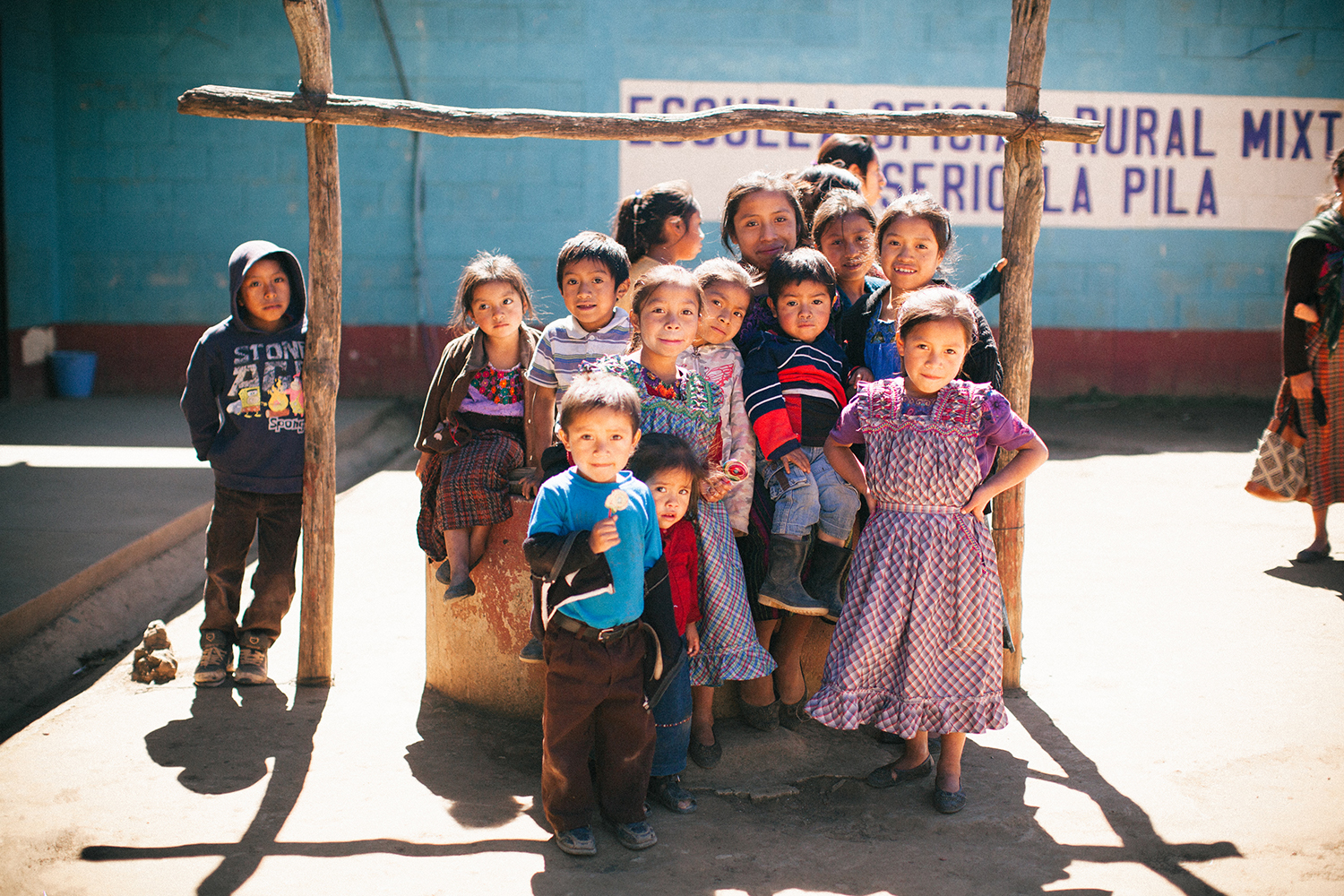LISTEN NOW:
SUMMARY:
Do you ever wonder what your purpose is in life? Is helping others important to you? Do you value faith, family, friends, and your fellow man?
You are Eugene.
Mentioned in this episode:
Great Commission Outreach
Photography
NOTES:
[1:00] “This can’t be what life is about…”
[2:00] Thank you for supporting us & a little about our magazine
[3:00] Free copy of our magazine if you sign up at Here
[3:30] Ask the Storyteller in our FB group: A Face Project Community
[6:00] What is one way that you contribute positively to your community?
[8:20] Eugene’s story begins
[9:30] Moved from Kenya to Dallas, TX
[10:12] “Guatemala is a part of a journey…”
[12:00] “What does he have that I don’t have?”
[13:20] Friends are lifetime friends. “I have trouble with superficial conversation.”
[14:45] Opened third urgent care
[15:20] Eugene takes his first mission trip to Armenia
[16:16] “We saw 10,000 in five days.”
[16:50] We started to get criticism about the mission trips
[17:40] Started Great Commission Outreach
[17:45] Opened a free clinic with Javier and Larry
[18:30] Third criticism about if they are really helping people
[19:25] First stop Chuluc, second stop La Pila
[20:20] “If you ask and I’m able to do it, I’ll do it.”
[21:00] Basket delivered every two weeks
[21:40] Our duty is to act. To help those in need unconditionally.
[22:40] Original intent of Christianity
[22:50] “My big thing is community.”
[23:55] My core values: faith, family, friends, and fellow man
[24:35] “I’m a flawed individual.”
[25:25] What does a life well-lived look like?
[26:12] Does God really exist?
[26:40] “My gift is seeing the gift in others and drawing it out.”
[27:45] See photographs of Eugene and Guatemala
READ THE TRANSCRIPT:
Speaker 1: I’m Eugene originally from Kenya, although we grew up in the city, so a lot of people will ask all these weird questions about wildlife and all that but we grew up in the city, but grew up most of my life in Dallas, Texas. Yeah, so I was for the most part, actually for 12 or 13 of those years I was the youngest in the family. Until Julie rolled around. I was spoiled. There was four of us. My older brother, he’s four years older than I am. My older sister is three years older than I am. Then me and then Julie came like 12 years later. It was interesting, so I was the young one growing up so I had the benefit of learning from people’s mistakes, my siblings mistakes.
My brother finished. He was the very motivated one in my family. He did really well in high school. Got a scholarship to SMU, and that’s actually how we all said it moving towards the US. In ’87 my mom and my two sisters moved. They all moved to Dallas because he was here; my brother was there; and then I came in 1988. Coach was in high school. Because I went to high school in the US and that was completely different. Ooo, hoo, hoo, hoo. That was rough. The first year was very rough but I tend to adapt very quickly. Kind of the teaching self is different. Right? Teaching selves different. Interactions with the teachers are different. It’s more authoritative in Kenya. It’s more the British style of teaching, so that was a big shock and then there was the whole when I first came in, the accent issue can create a lot of problems. It took about nine months and then I was good to go at that point.
This is just part of, Guatemala’s a part of a journey, I think, and my journey started maybe 10 years ago and for me it was more of a spiritual journey, right? Ever since then the dots have just connected. Let me take you back. I came in ’88. Graduated high school in 1990. I had a big five years of doing nothing. People ask me what did I do for five years. The running joke is I walked the earth. Like Kung Fu. The guy, David Carradine. Because I didn’t know what I wanted to do, right? I had so many odd jobs. I can tell you I probably had 20 of them. I mean, I managed a Chick-fil-A for awhile. I did some housekeeping stuff. I was an insurance agent. I’m actually a licensed insurance agent. I could sell you car insurance.
I’ve done a lot of stuff but in 1994, and I would go in and out of community college because I really wasn’t serious and I didn’t have any direction at the time. My brother would keep telling me “Hey. You really need to get it together” and I was “ah, let me live my life”, right? In ’94-ish it just; I don’t know what happened that year, it just struck me like what are you really doing? ’94 I started getting serious. ’95 It really clicked so I went to the University of Texas at Arlington for a year and I just poured my heart and soul into the whole thing and it had been really well and then I transferred to the University of Texas at Austin.
My wife still lived in Dallas so I’d commute every weekend. I’d just drive back and forth. It was pretty simple. It was, I watch people. I’m a people watcher and I love, and not in the vain kind of sense. Not to see what they. It’s I love trying to understand human behavior. It’s the most fascinating thing for me. I watch people and so I used to watch my brother and I was like, and he’s very successful, right? I’d watch him. I’m like “so what does he have that I don’t have?” I couldn’t find anything. He’s just motivated. That’s really all he had. It was just motivation. The will to do something. I’d watch him and he’d keep bothering me about it, “I needed to do something with my life”, aaah.
In 1995 I looked and I was like “there’s nothing he’s doing that I can’t do” and I was just, it was just a day that I had just thought that and I said “it’s time to do it”. I asked him “what do I need to do?” He said, “You just have to pour your heart and soul into this whole thing so I just did that, and I did really well in Arlington and then I transferred to UT-Austin. My goal from ’95 on, my goal was to do medicine.
I applied to 20 schools but it was premature. It was very early and I got one interview and I got it. One interview and I got into that school. Again, a residency. Emergency medicine’s probably one of the most difficult residencies to get into so I applied to 30 places. My wife and I spent two months driving across the US. I went from Saginaw, Michigan to Arkansas to Pennsylvania just doing interviews and I really wanted to go back to Dallas and I ranked at my first and I got in so I did my residency from 2002 to 2005.
The friends that I have are lifetime friends. You’ll notice when I interact with people, if I don’t feel like we have a really deep … I have trouble with superficial conversation. I just have trouble with that. As this is happening in 2004, Javier, who you met. He’s the guy from Puerto Rico. He comes in because he wanted to do a fellowship in toxicology. The minute I met him I just knew there was something there, so we became really good friends, so meet him in 2004. Larry, he was a year behind me. We had a very similar personality so we decided we should start a business together.
2007 Him, me and Javier, outside of what we were doing, opened an urgent care in Forney, Texas. We did that for a year. It did really, really well. There’s another guy that was in my residency and his name was Dan. He was in my class so we asked him to join us so it was me, him, Larry and Javier. I was in touch with him every so often and then 2008 I called him up. He just called me and we were talking and I said, “Hey, you want to join us and do some urgent cares?” He joined us for Forney Rockwall. In 2010 he calls me and says, “Hey, you know I grew up in Laramie. It’s a up and coming place.” I’m like, “Ah, I don’t know about up and coming.” “Why don’t we open an urgent care here?” I said, “Okay.” I’ve had three urgent cares. I would fly weekly to Laramie, Wyoming. We did that for four years.
We still had full time jobs. Everything’s going really well. Larry gets a call from a friend of a friend who is a … Who was a retired physician. He used to and then now he does mission trips. He said, “Hey, I’m going on a mission trip to Armenia.” He asked Larry, “Would you be interested in going?” Larry said, “Well, let me ask my friend.” He asked me and I was like well, sure. That was my first trip, 2011, went to Armenia. Very interesting place. You know, it’s right next to Iran. Yeah. Very interesting. We did that for a week. Loved it.
That’s when I started doing mission trips. We would go into old school buildings and they’d go out ahead of us and tell people we were providing free care and then you just have lines and lines. I think that time we saw about 600 people in about four days. Yeah. That was when it all started.
In 2012 Larry’s friend that he had known told us about an organization. It’s a group of Messianic Jews. You know what Messianic Jews are? Yeah. That have, that they do mission trips too and their goal is to treat the lost tribes of Israel. The lost Jews, so there’s Jews in Africa, right? In Ethiopia, in Zimbabwe. They just kind of dispersed. There’s some in India and some in China. We started doing trips with them to Ethiopia. Done like three of those. They have a very well organized. We saw ten thousand in five days, but it’s from [6:00] AM to [6:00] PM. It’s just nonstop, and they have the process really well done. I’ve been, myself, Larry, Javier, have been doing these trips for five years maybe.
Now, what ends up happening, so now we all work at the same hospital. We have these urgent cares. When people see us. When they’re watching and we come back from these trips a lot of people ask “we really want to do these trips with you” “why you doing them?” We told them “this is what we’re called to do” “we just really enjoy them”, but then we started getting criticism, which is the most interesting part. You can take criticism one of two ways. You can either let it bother you or just at least have some introspection and say is it real or not?
The first one was “hey”. It came from nurses. “We can’t afford to go” “We can’t go. I wish you guys could find some way to get scholarships” so we said, “All right. Let’s start sponsoring people” so we started sponsoring people. Then we said “well, let’s formalize this sponsorship” so it could be tax deductible. Basically, if a nurse wanted; I keep saying nurse. It’s nurse, tech, clerical staff. If they want to go they just let us know that they’re interested in going and they just tell us the reason for going. Right? Their reason is self development, self fulfillment, spiritual. We started doing that and then we said “well, let’s formalize this” and we started nonprofit. We called it Great Commission Outreach.
Then the next criticism we’d get “well, why don’t you do anything local?” So last year we opened a free clinic. It’s open every Tuesday, two hours, [6:00] PM to [8:00] PM and we don’t ask for anything. Whether you have insurance or not doesn’t really matter to us, right? Because the minute you start trying to split hairs like that, then you say “well, how much do you make” and we really did not want to get into that debate. We funded ourselves. Me, Larry, Javier, we just fund it ourselves. It started with us seeing two patients here a week, three, four, eight. Two weeks ago I saw 23 in two hours and that’s a lot. Yeah. Again, that was an answer to a criticism.
The final piece came with a criticism about “well, you go into these places, even if you go abroad. What are you doing? You treat them for a week. They have diabetes. What are you really doing?” Right? That’s a fair question. We went back to the drawing board and thinking “so what do we do? “so who’s taking care of them after that?”
At some point we need to figure out how to do a long-term project. The hospital that I work for, and Larry and Javier work for, Debra has been the recruiter for physicians into that hospital. Apparently earlier this year Nathan calls Debra and says, “Hey, do you have any doctors that could go to Guatemala with us?” Yes, it’s me, my wife came, Debra, Darryl, and there was two or three other people that we knew. We came in July. The plan was just to help them, right?
We are currently in Antigua, Guatemala. Further out into the mountains is where all the Mayan people live. The first city that we stopped at is (s/l Cha-luke) . Another 45 minutes up the mountain is (s/l La-Pee-La). We came in, did the clinic in both cities, and when we were there the director of the school was almost in tears because she knew that they sponsored (s/l Cha-Luke) and so she asked me and Betsy Dawson if we would be willing to do that too. She just wanted basic things. She just wanted basic nutrition for her kids. She said because they’re all off the growth charts. Malnourished. They don’t concentrate in school. (s/l Cha-Luke) has 50 or 60 kids.(s/l La-Pee-La) has 174.
When we were there that day and she asked can we sponsor, I was like “I don’t know how we’re going to get 175 kids sponsored.” When you do the math it’s 175 times 35 is six thousand dollars a month and if you commit per month, it’s every month. You can’t, rain or shine. I kind of just prayed about it. I was like you know, I’ve come to the point in my life where if you ask and I’m able to do it, I do it. There’s no point of … I used to debate things and try to rationalize things but now if I’m able to, if you ask and I’m able to, I’ll do it.
Every morning starting the end of January, it’s when the school starts, every morning we’ve gotten a commitment from the mothers of the village, they’re going to come in every day, Monday through Friday, and they’re going to cook for their kids for the school. That’s going to include a full nutritious breakfast. They’ve told us that these kids don’t eat at home. Just not because they’re not wanting to eat, they don’t have anything to eat, so every two weeks we’ve come up with a basket that’s going to be provided to the whole family. It’s going to feed six to eight people. It’s going to have five pounds of rice, five pounds of beans, five pounds of sugar, five pounds of pasta, five pounds of flour, some butter, cooking oil and coffee. It’s to encourage the kids to go to school and to encourage the families to send their kids to school.
Our organization, which is Great Commission Outreach, which is not attached to any church. It’s just a group of Christian folks who believe that our duty is not to judge others but to act, which is to help those in need unconditionally. Love those in need unconditionally. You start looking at civilizations. Not just us, in other civilizations, and you start looking at different periods in time. Right? You start thinking yes, I’m a unique individual but there’s been billions of people who’ve lived before me and I’m pretty sure I’m not reinventing the wheel here. I’m pretty sure that this question “why do I exist” is not unique to me. I’m not some genius that’s decided that I’m going to think “why do I exist”. That question has been asked from the beginning of time, right?
Humans have struggled with that because, purpose, right? You struggle with purpose. What the big religions do, they, I think religion tries to give people purpose, but I think what’s happened over the years, it’s gotten distorted. Right? If you look at … To me, what’s fascinating is Christianity is the most fascinating thing for me because if you look at the initial and the original intent of Christianity and what the early church looked like, it does not look like what it looks like today. Absolutely does not.
My big thing is community. This is what it’s supposed to be about. This is what Jesus Christ taught. Living community. Holding each other accountable. Being a part of raising the community up, right, and being involved in other people’s lives and loving other people unconditionally and not getting involved in what you’re not doing but more involved in what you should be doing, right?
That’s been my journey. That’s what has now motivated me to … If I cross paths with you, there’s a reason. It’s not for me to understand why. It’s for me to just to act. If you look at why I’m here, it’s because I just said I was asked and here I am. From there if you look at the connections that happen, you meet the director who then asks us to sponsor. She asked a question. Again, it was the same question. Can we afford it? If no one was to respond to those kids, could I raise, just within the friends that I have, could we support that community? The answer was yes. Could we commit to time? The answer was yes. Does it interfere with anything that interferes with my core values? Which is faith, family, friends, and fellow man. Right? I have the four F’s. Those are my core values. The four F’s, right? It was no, so we said okay, let’s do it.
It’s just interesting. It’s a dangerous way to live though. When you get asked. Because people will ask you to do some things. Like I was asked to go to Pakistan in March and I don’t have an excuse not to go. I can afford it. I have the time. It doesn’t interfere with anything, but it’s a scary. You get pushed into these things but I just feel that if I’m asked, there’s a reason I’m being asked.
I’m a very flawed individual. I mean, all humans are flawed. Not me just particularly, but all humans are flawed, and I hate, not hate, I struggle with when people put people up on pedestals too much. Because that person on a pedestal is bound to fail or have a flaw and it disappoints people so I’m very nervous about that, right? Because I struggle with that. Because I know that I am. I’m just like any other human that can fail. Right? I don’t want to be called a leader. Just walk. We just walk together. What I do is I go through life. This is what I, my core values, and I know the direction I’m going. I know and very clear. I’ll bump into people along the way and people will say “hey, I want to come do what you’re doing”. “Sure. Join me.” I’m not leading you. I know what leads me, but you can join us and if at some point you’re comfortable with the journey, it’s fine. We’ll still be friends.
My greatest joy, and I think when I look back, everybody asks me what does a life well lived look like? It’s not even a destination. What I picture in 50 years from now. Myself, my wife, my kids, my grandkids, my friends, my immediate family, extended family, friends that I’ve known for 50 years, and we’ve done life together. Right? Just looked at the things we’ve done and that’ll be fun. It’s what I look forward to. It’s a journey. It’s not a destination.
Ask yourself why do you exist? What’s your purpose? You have to be very willing to have a honest conversation with yourself and go into some very dark places and go into some very scary places, right? Because you’ll go into these places that you’ll ask yourself “Does God really exist?” You have to have that debate with yourself and you have to understand it. Without that discussion and understanding and reading and looking at past civilizations and looking at past human behavior and looking at religions just in general, looking at spirituality in general, you have to ask yourself that and have to be willing to go into some very scary places with yourself and honest discussions with yourself. That’s where it starts.
You’re not being good enough and not really understanding that it is your gift that’s unique to you. I think because a lot of people underestimate that. It’s not good enough, and then you start making the excuse I don’t have time, right? What if this happens? You start worrying about. You start having this discussion with yourself and start doubting yourself. No, I think once you find your purpose, discover your gift, you just have to deploy it. Your gift could be anything, right, and just being able to understand your gift and being able to deploy it for the benefit of others. Right? My gift is seeing the gift in others and drawing it out. It’s very odd. That’s what it is. That is what I do well. I’m able to pull gifts out of people. Put them together and deploy it. It’s taken me awhile to figure it out. You were part of this. Again, and I’m going to put this on record. You coming here is not by chance. I promise you. You were meant to be here. •
